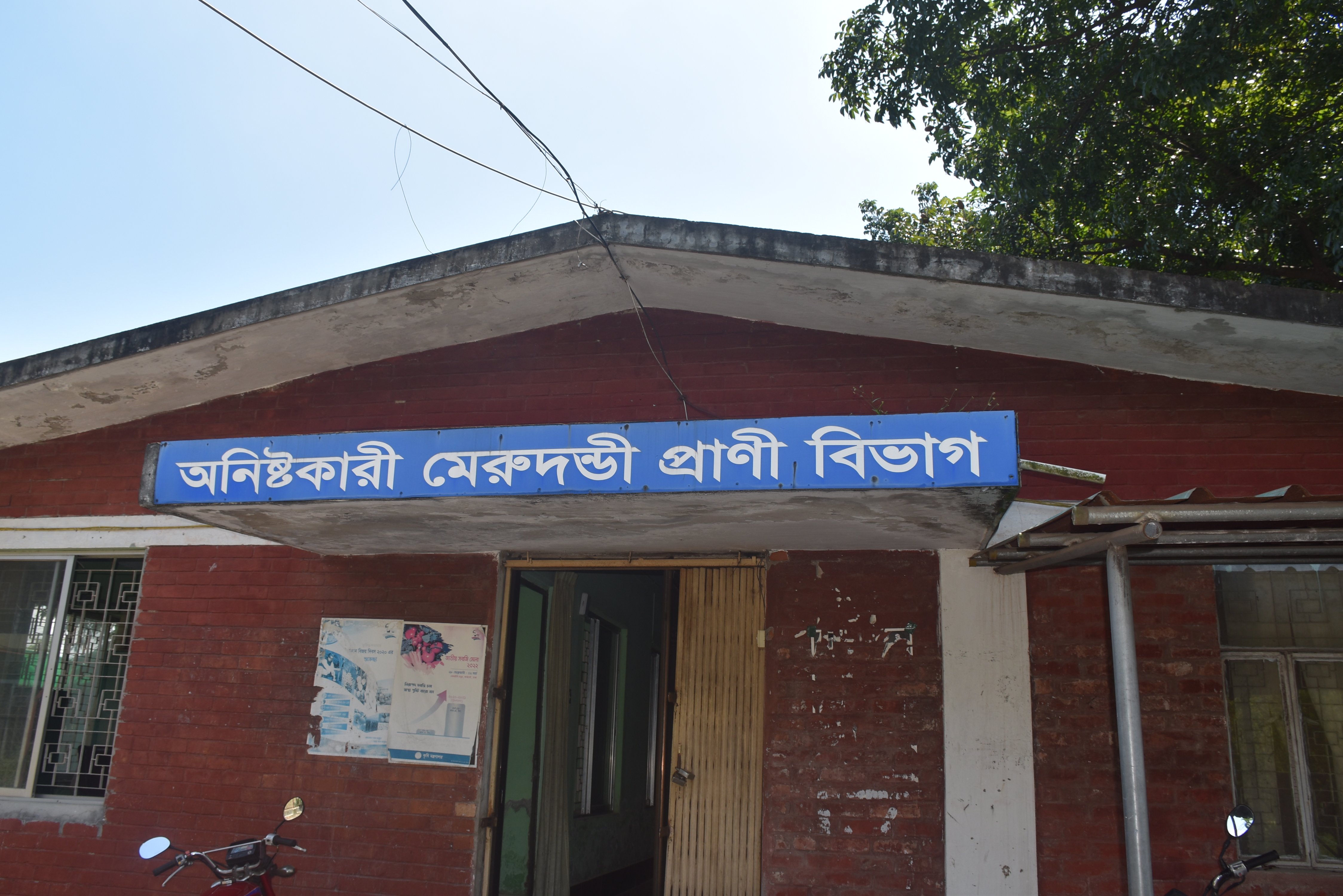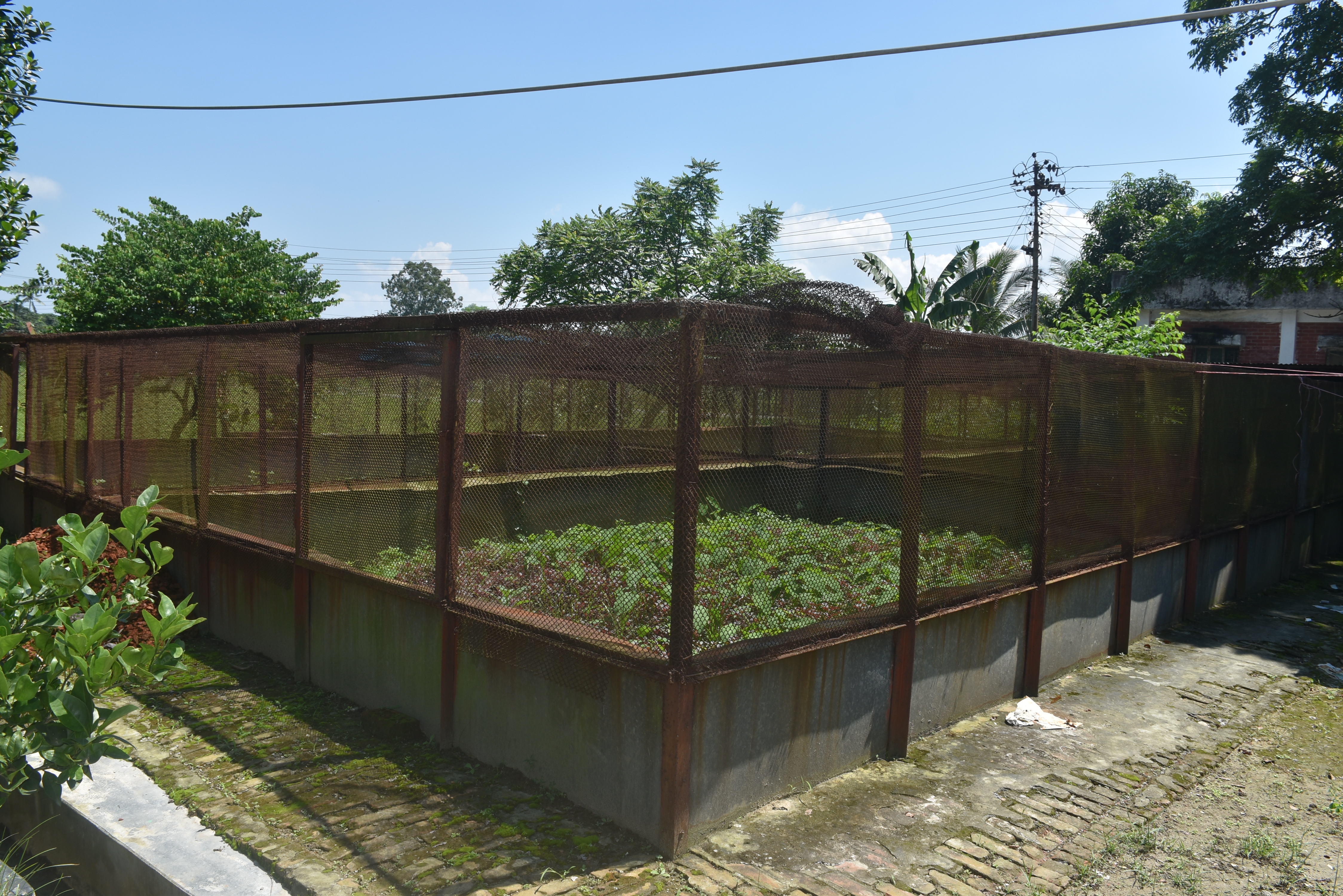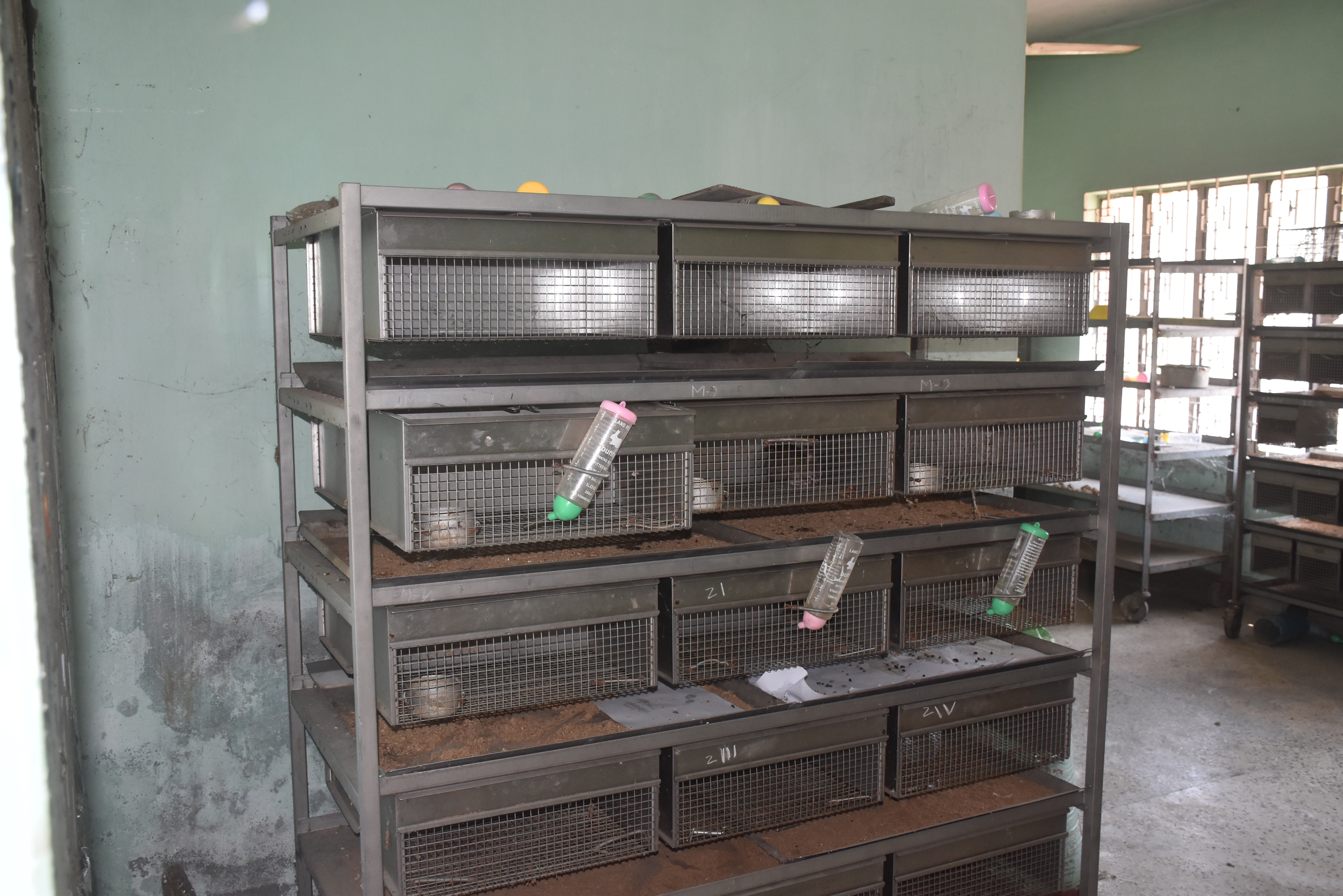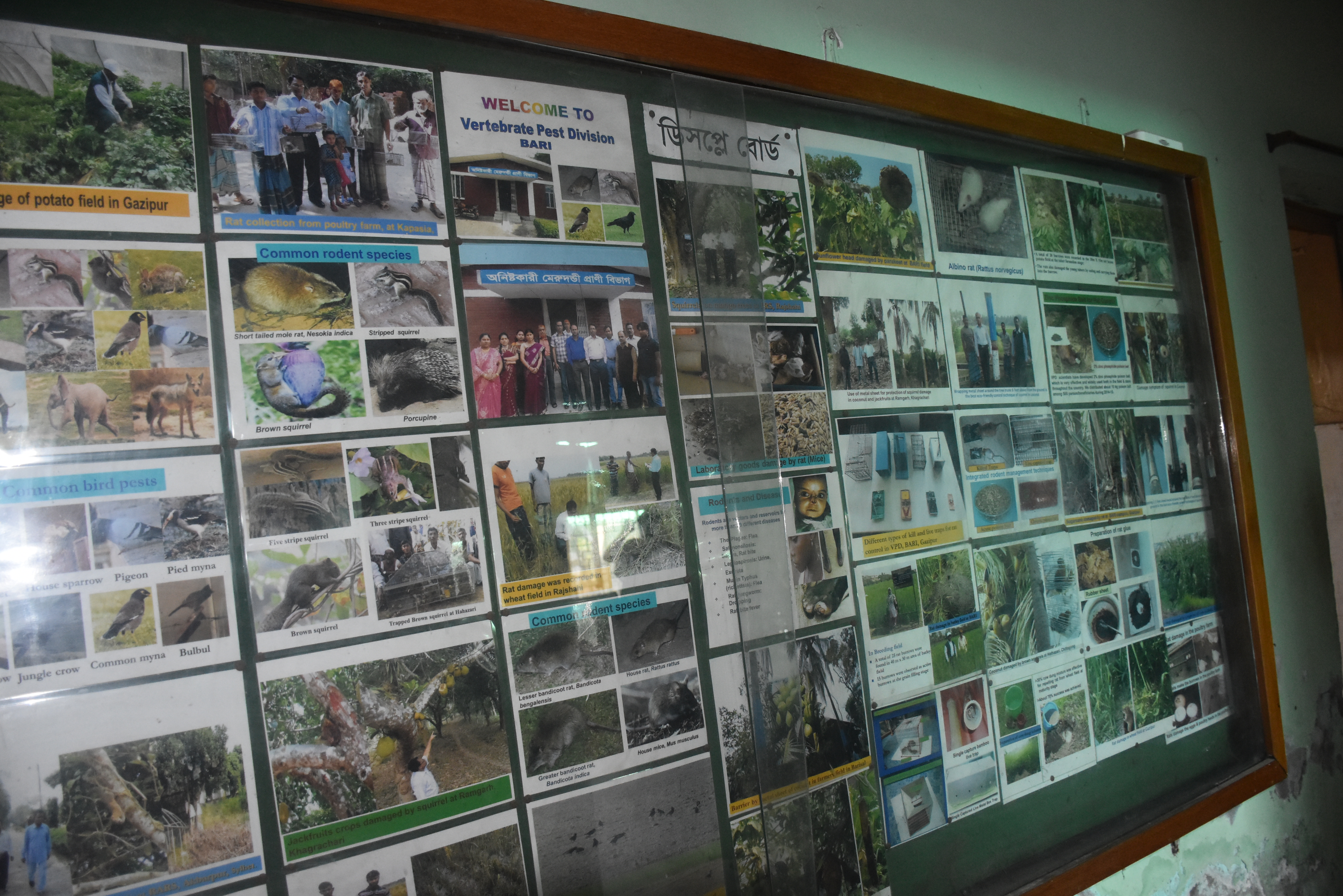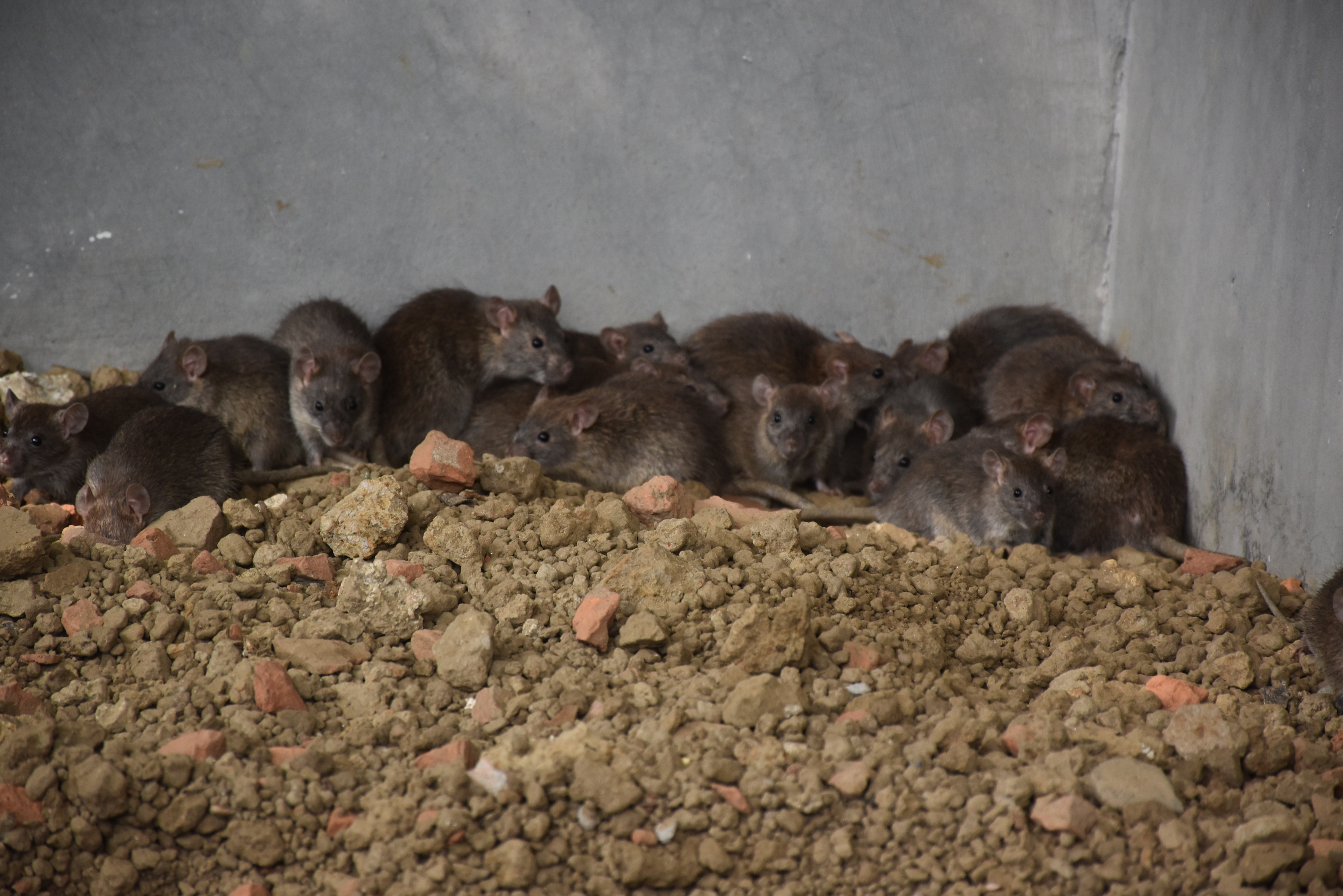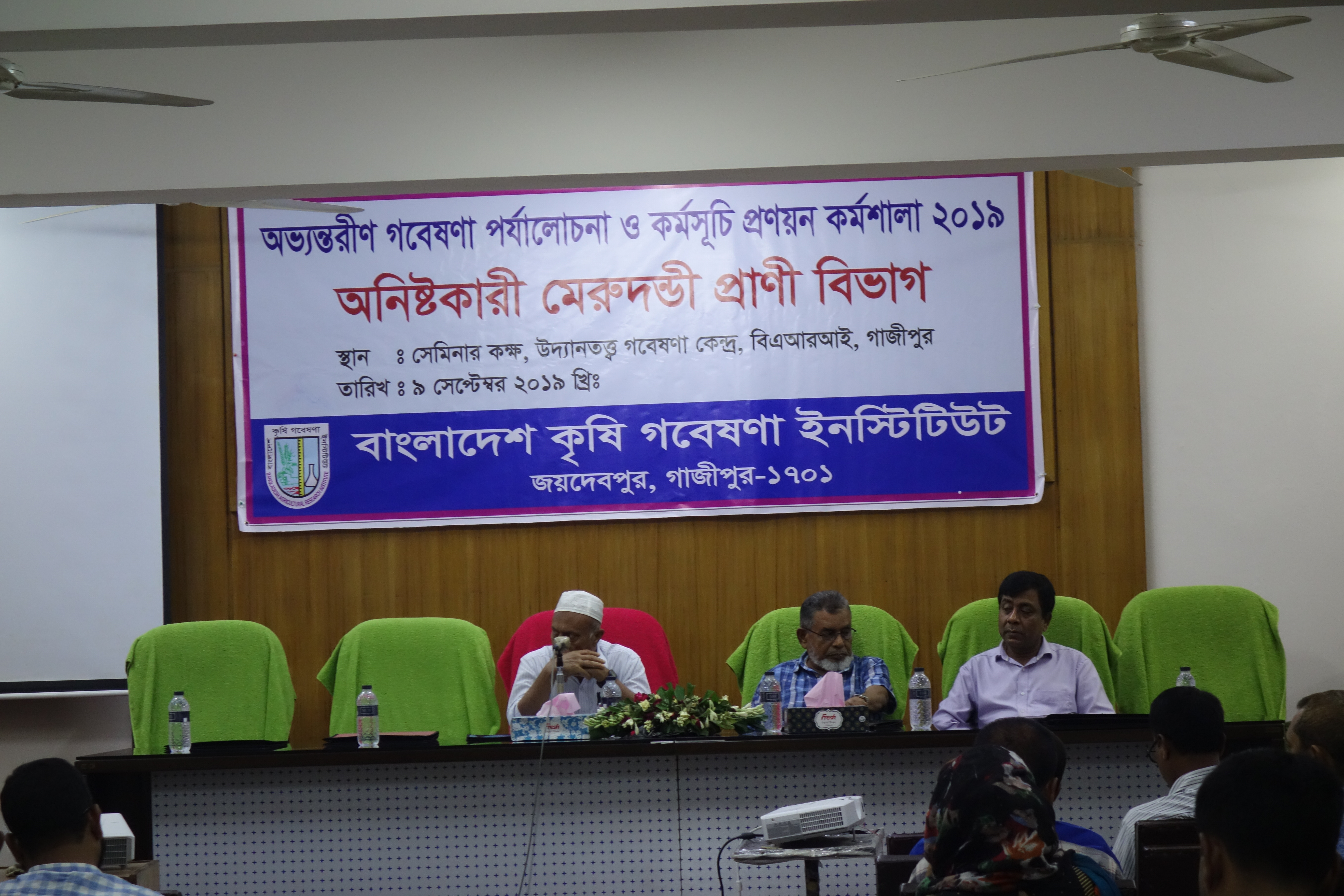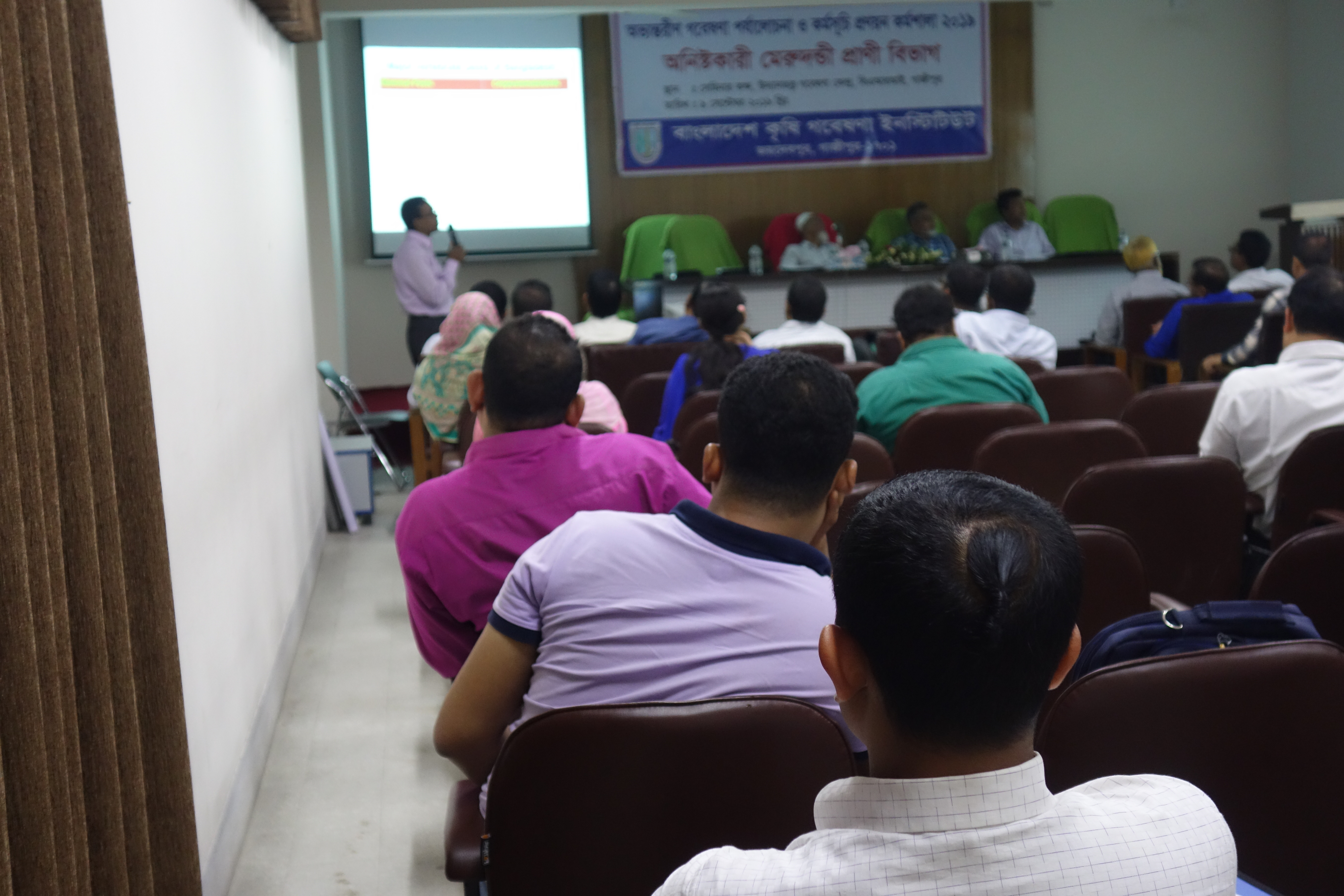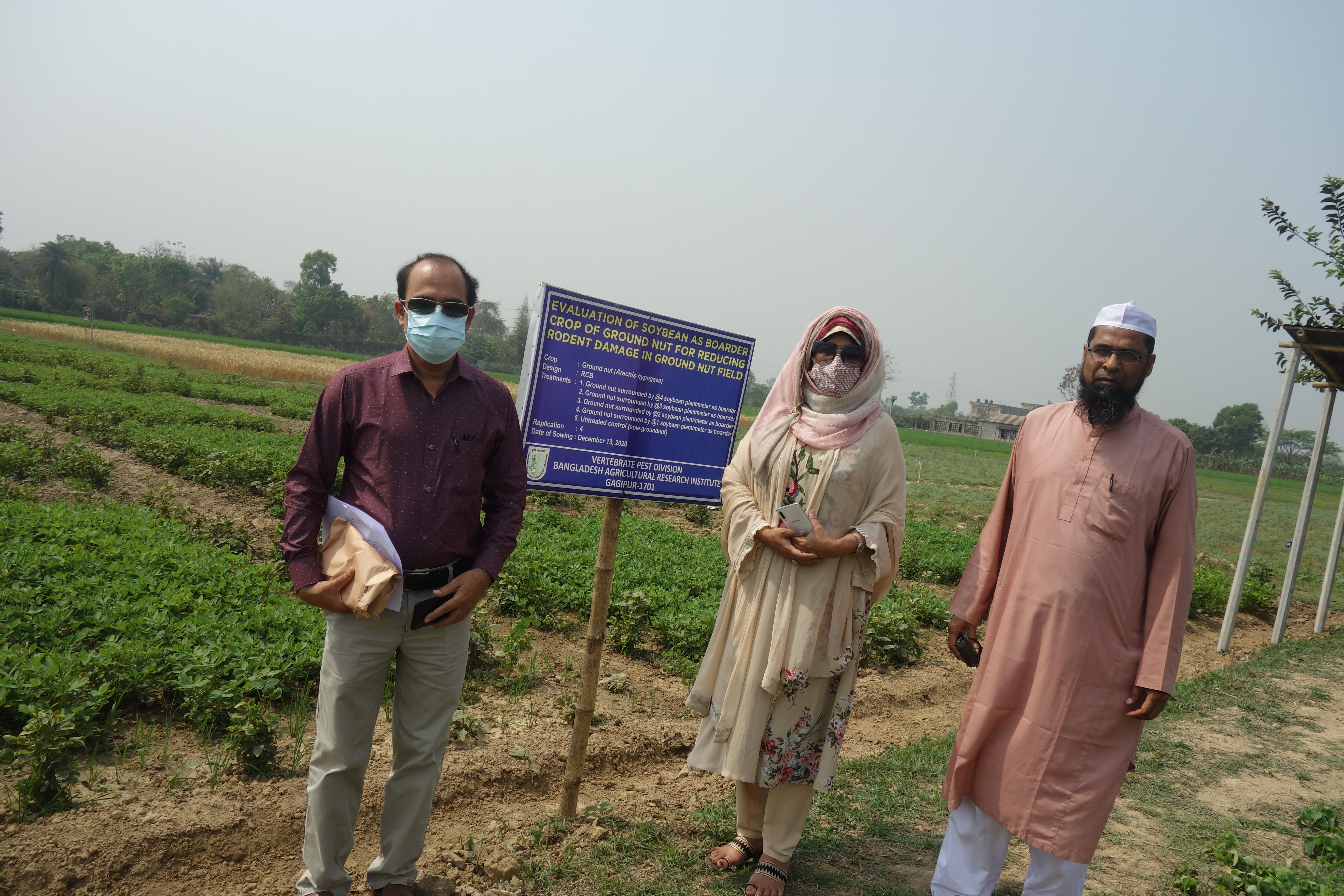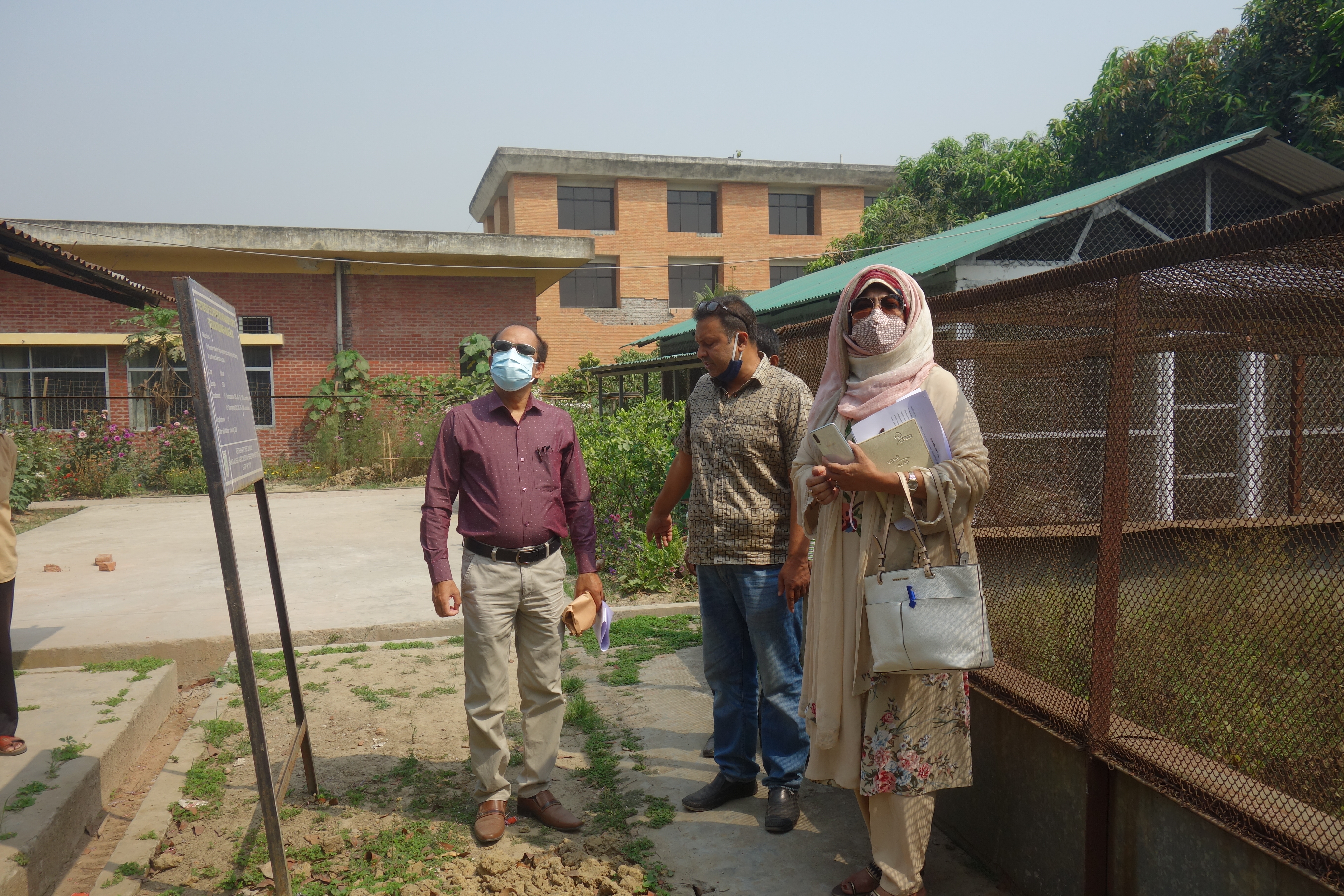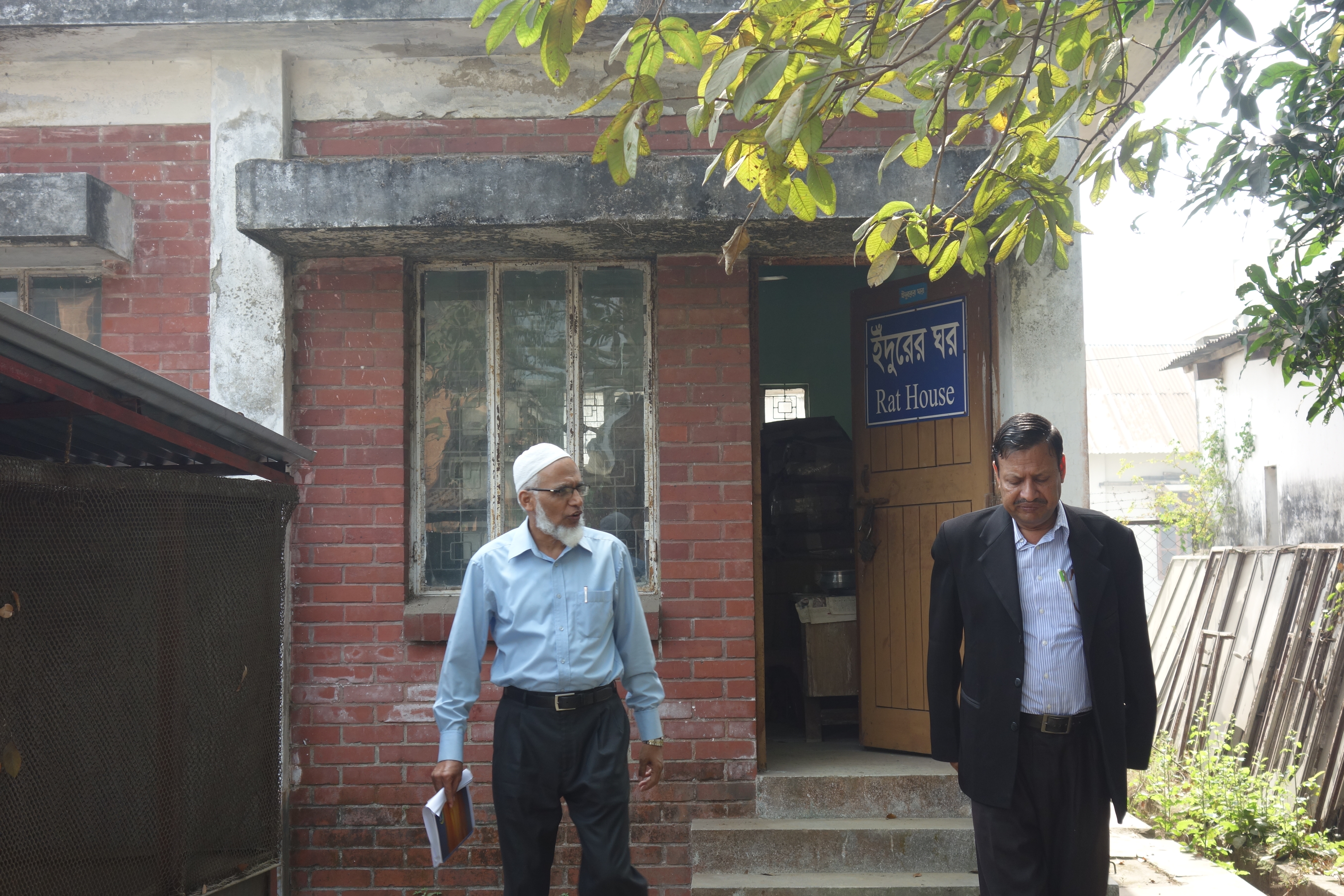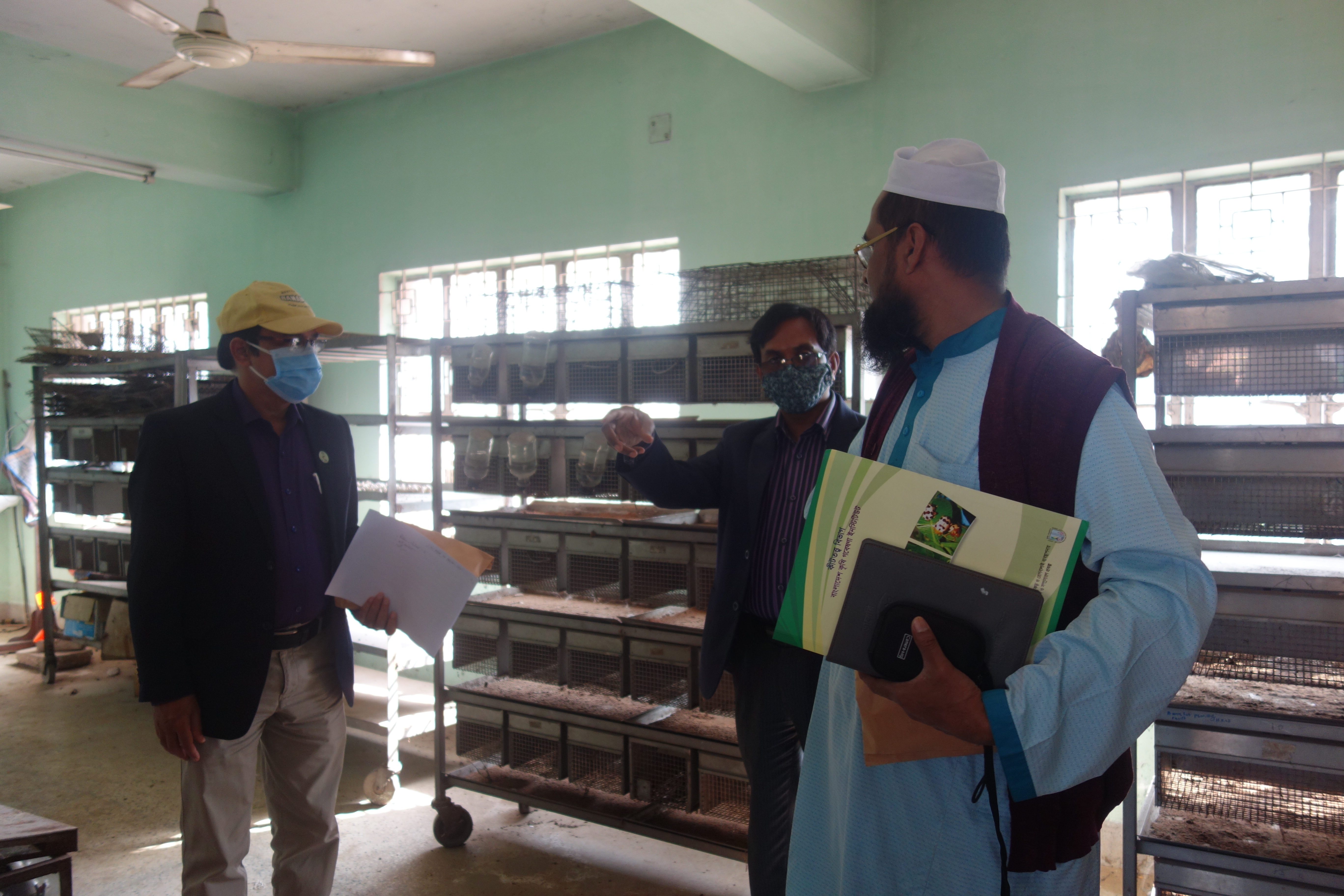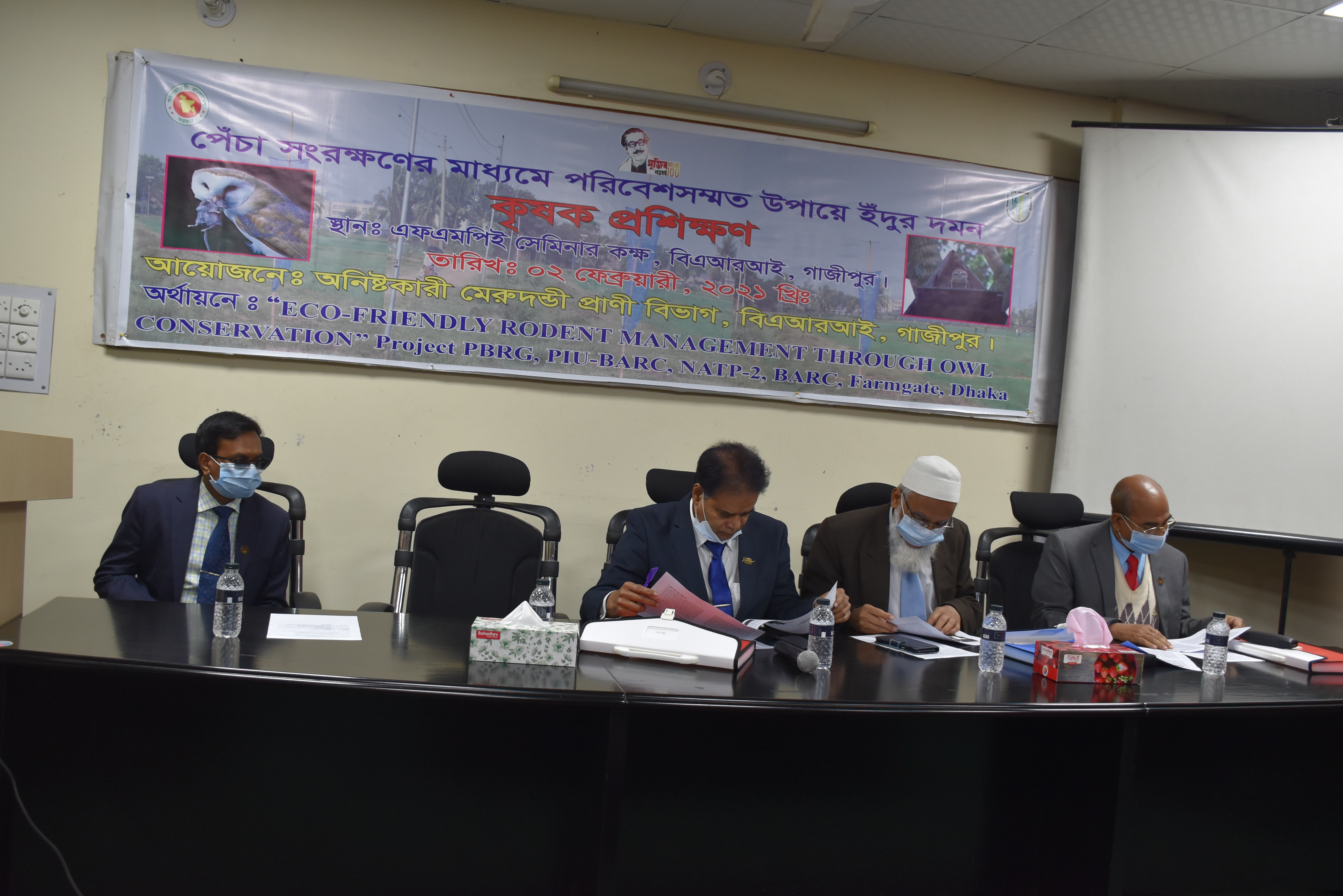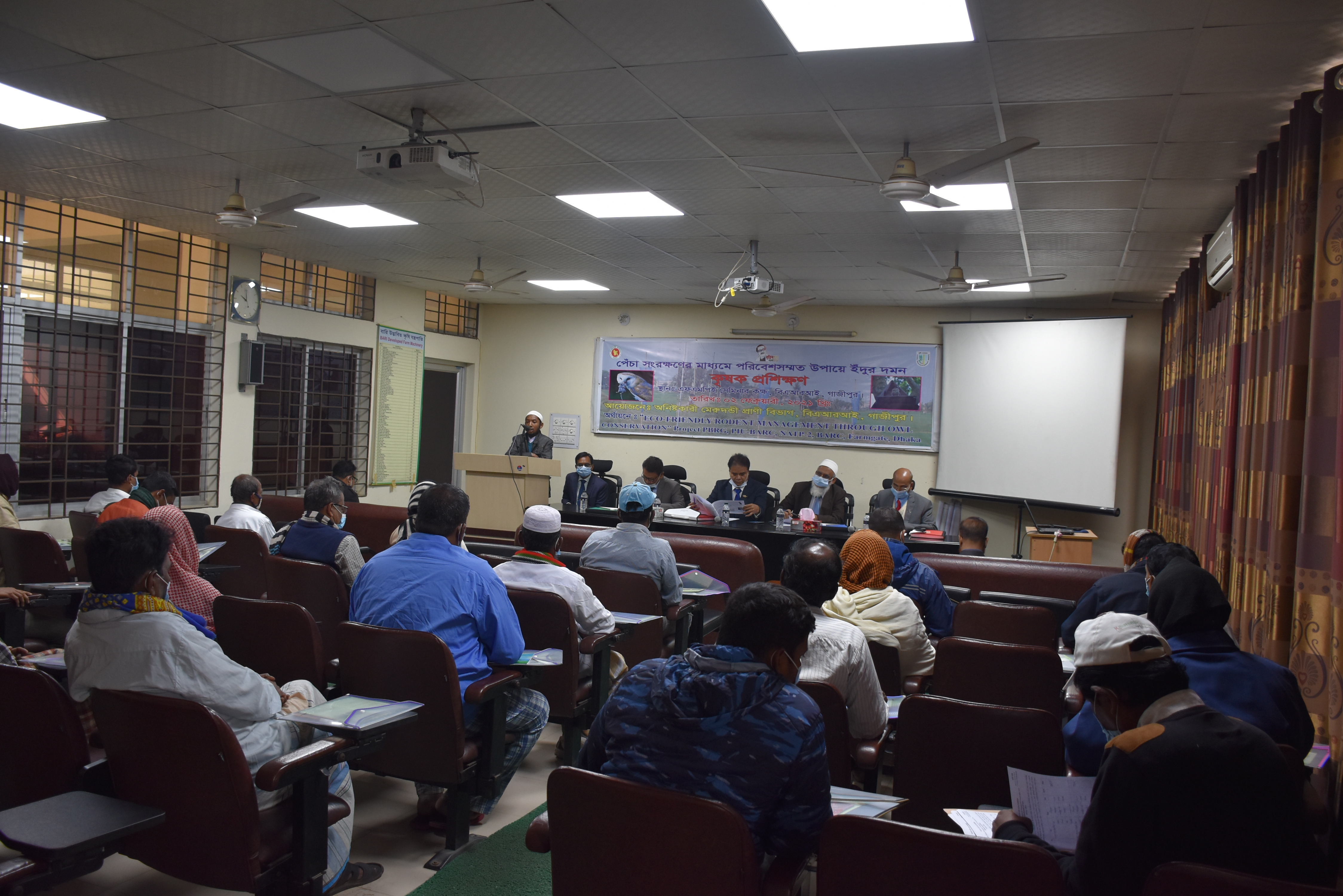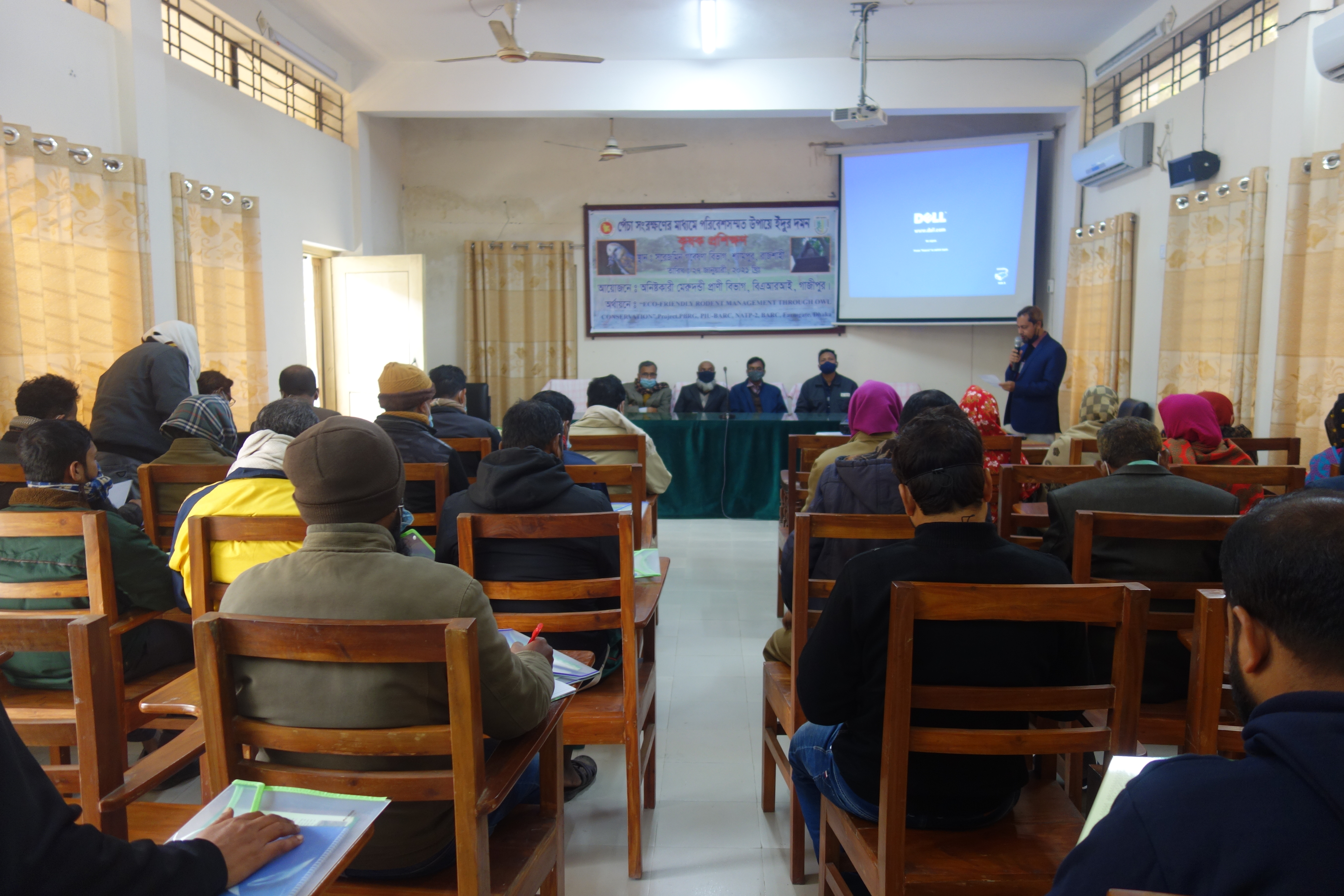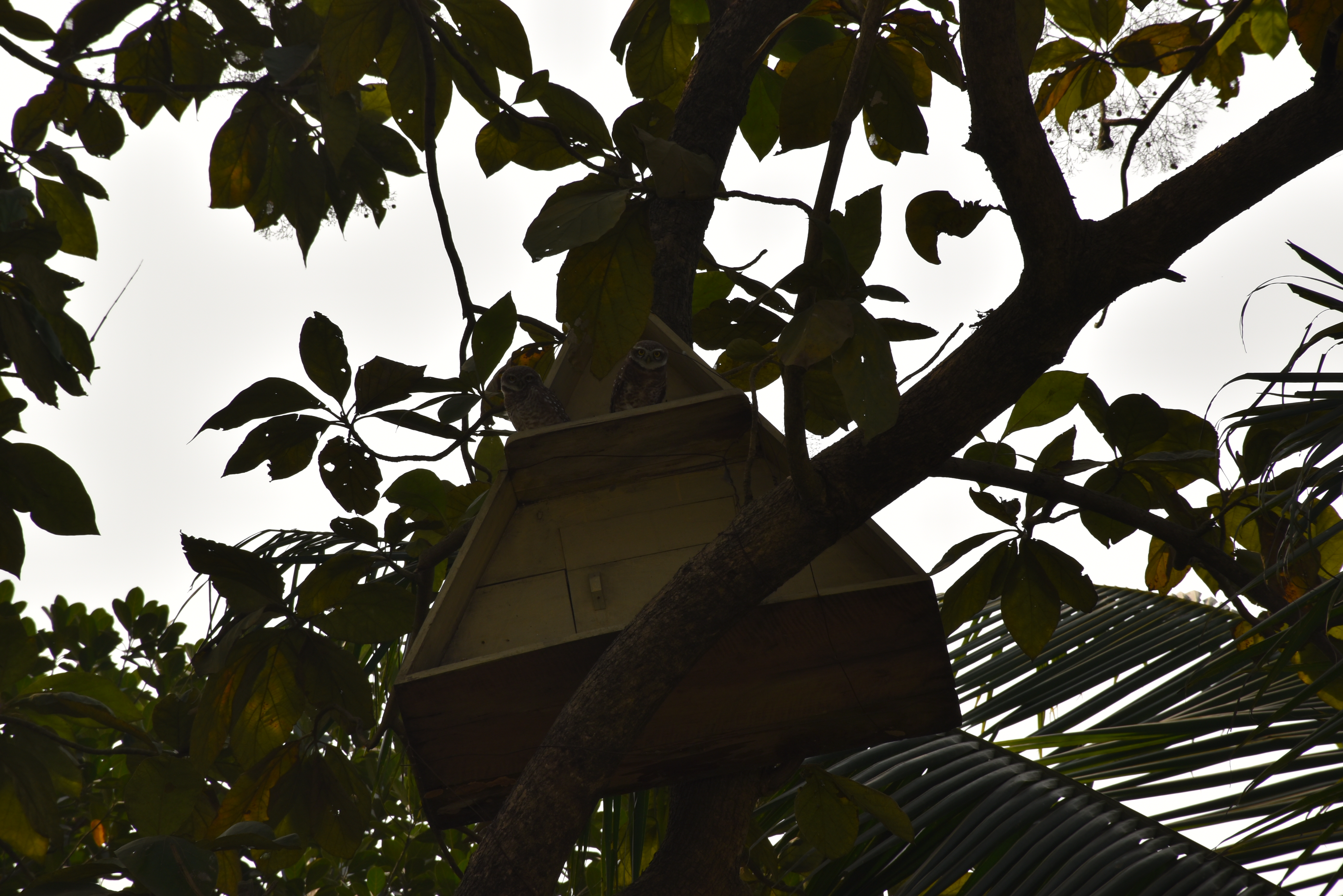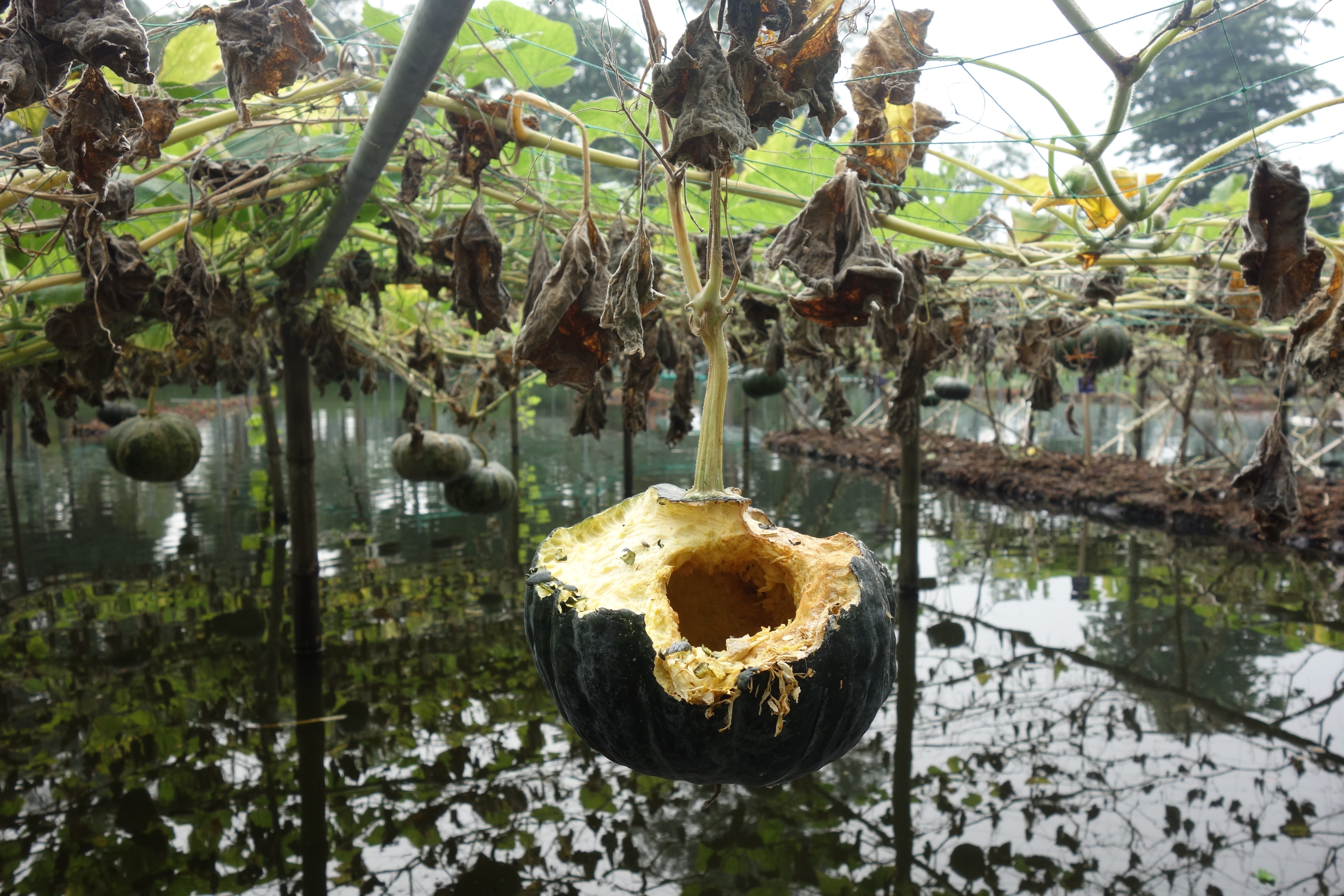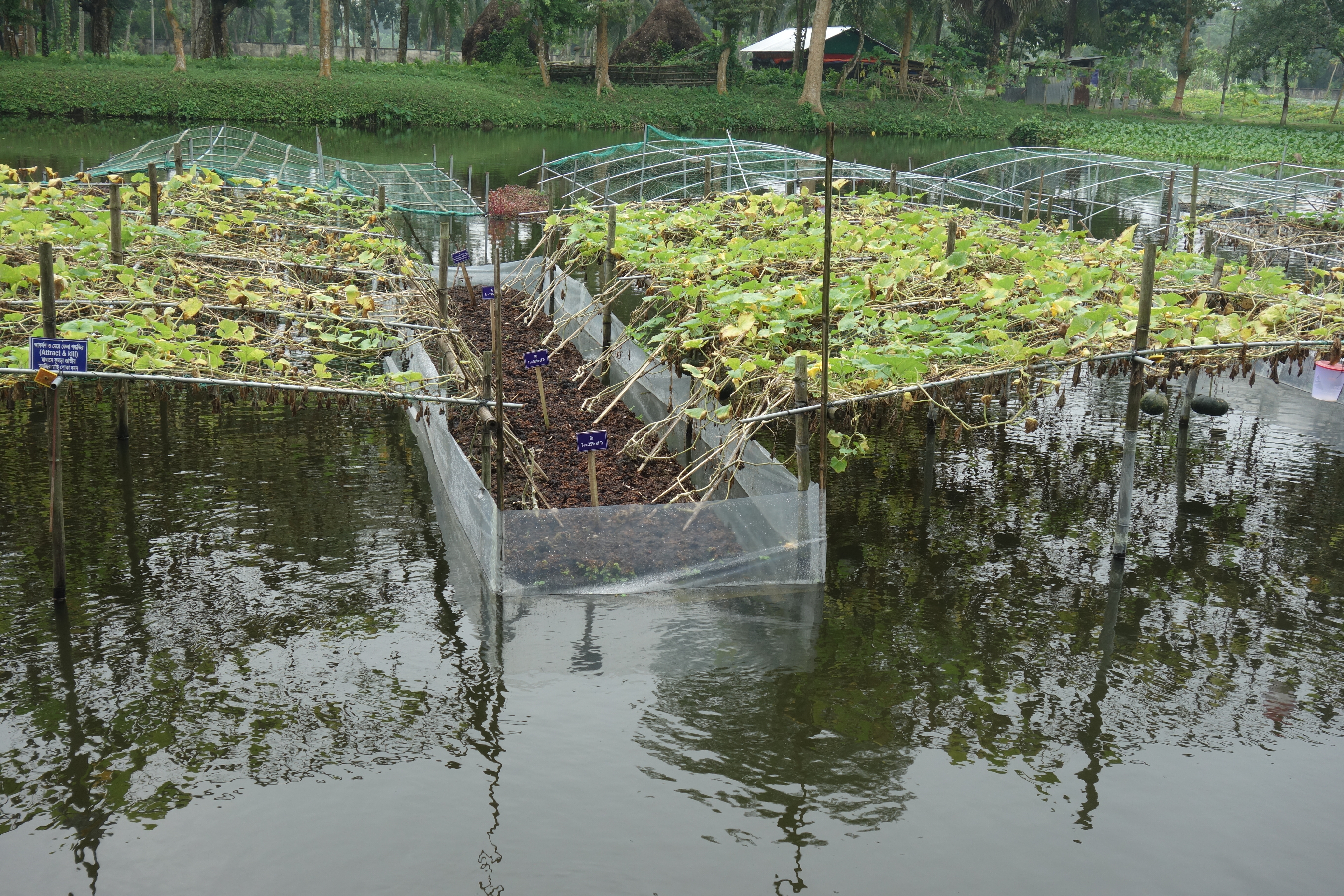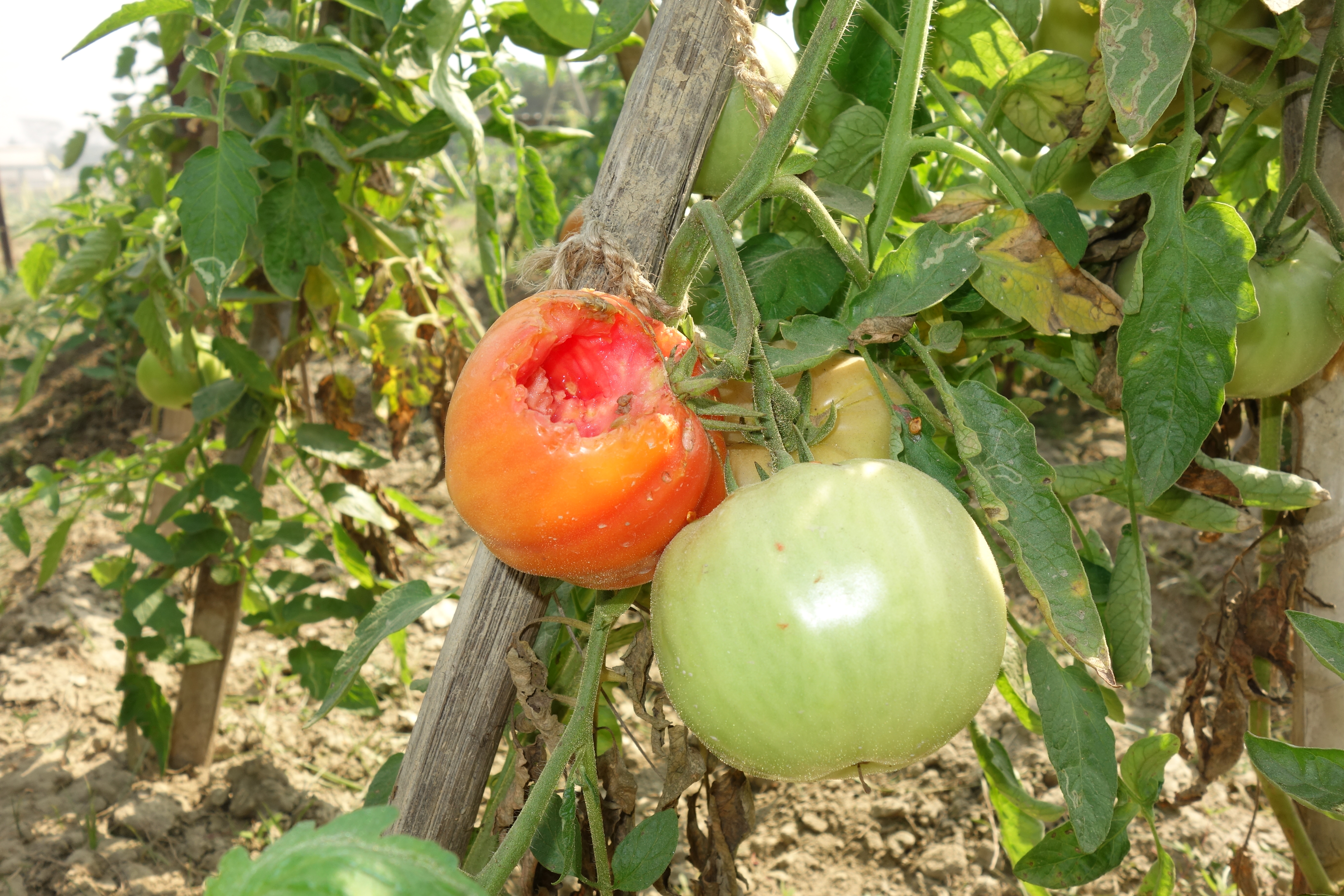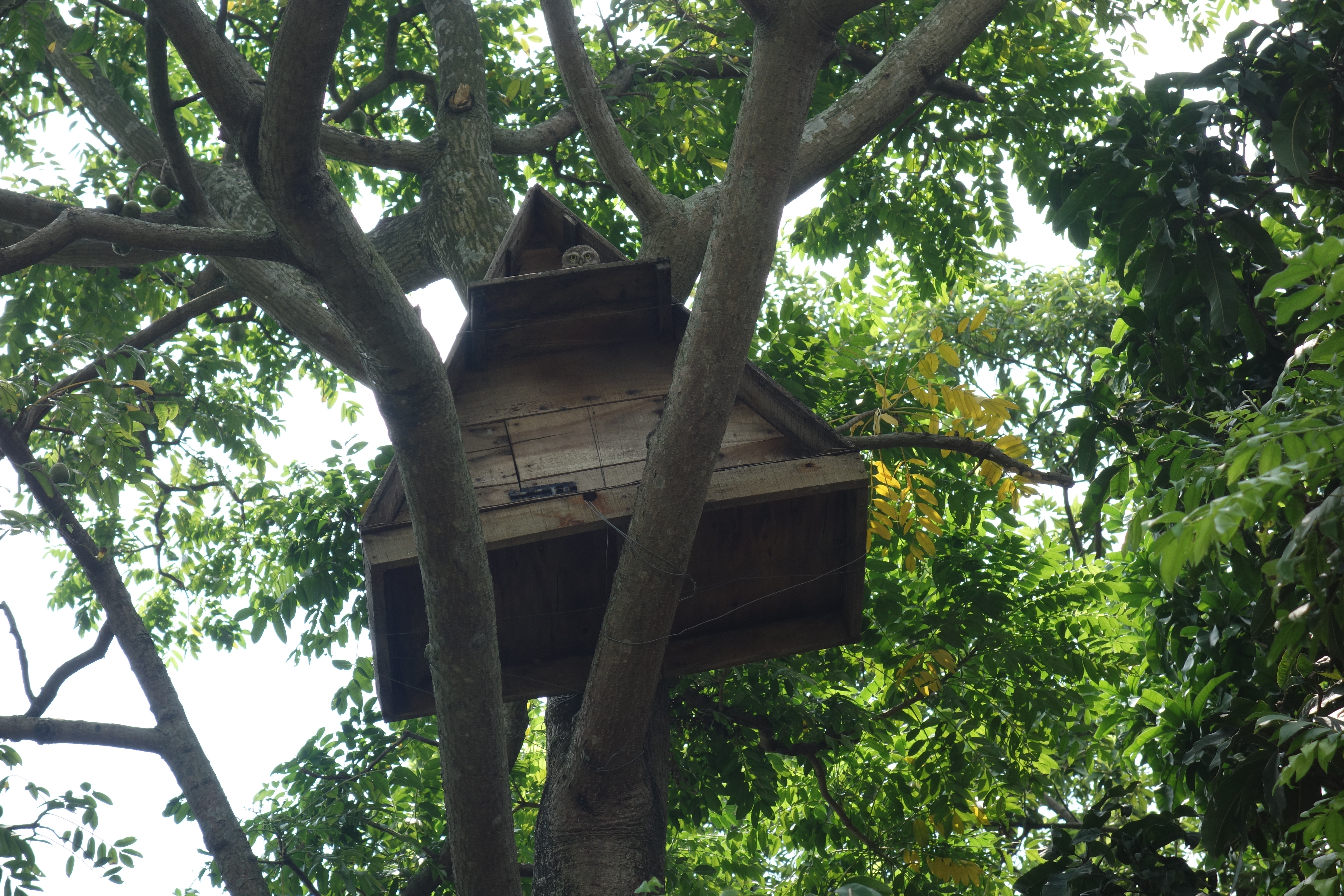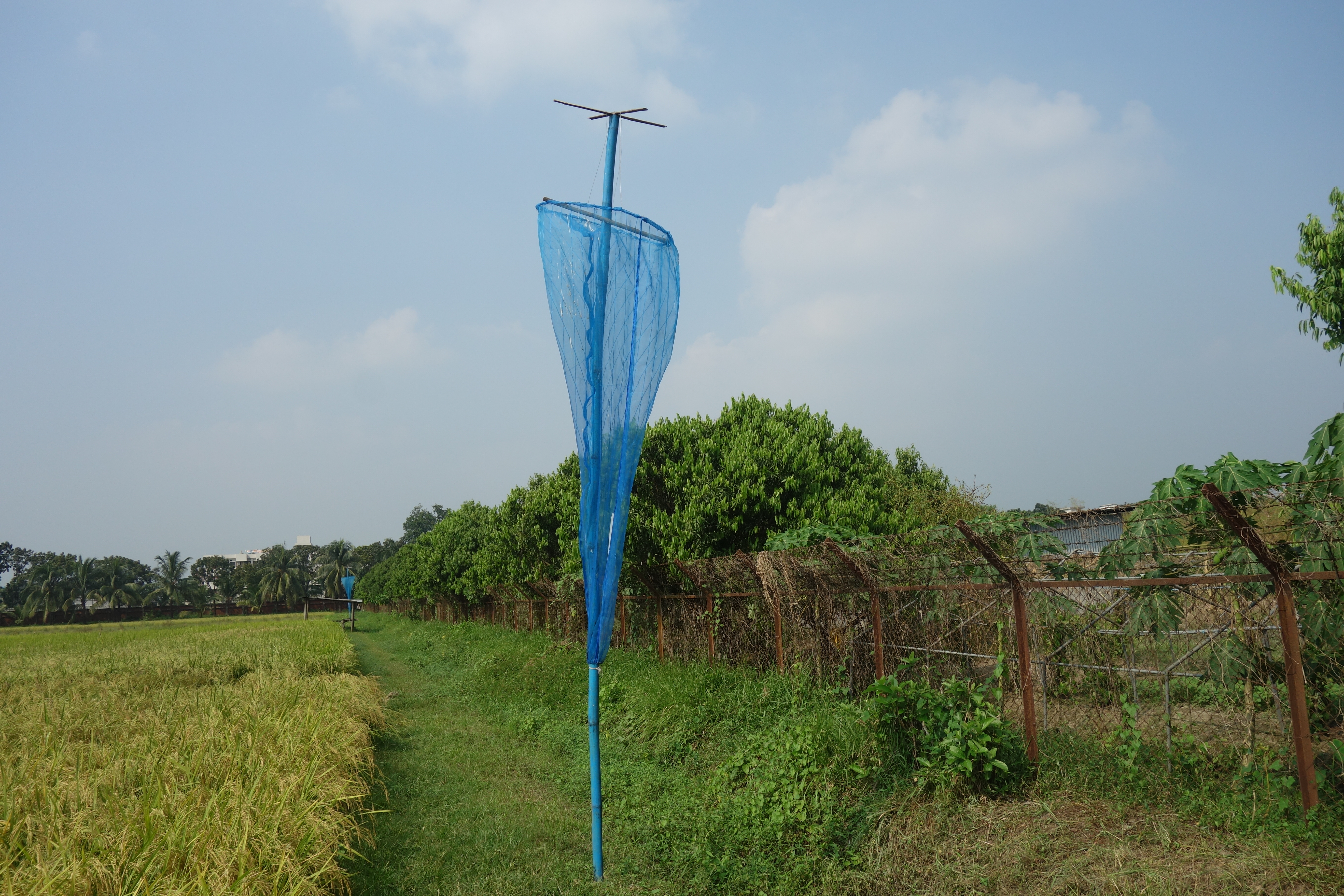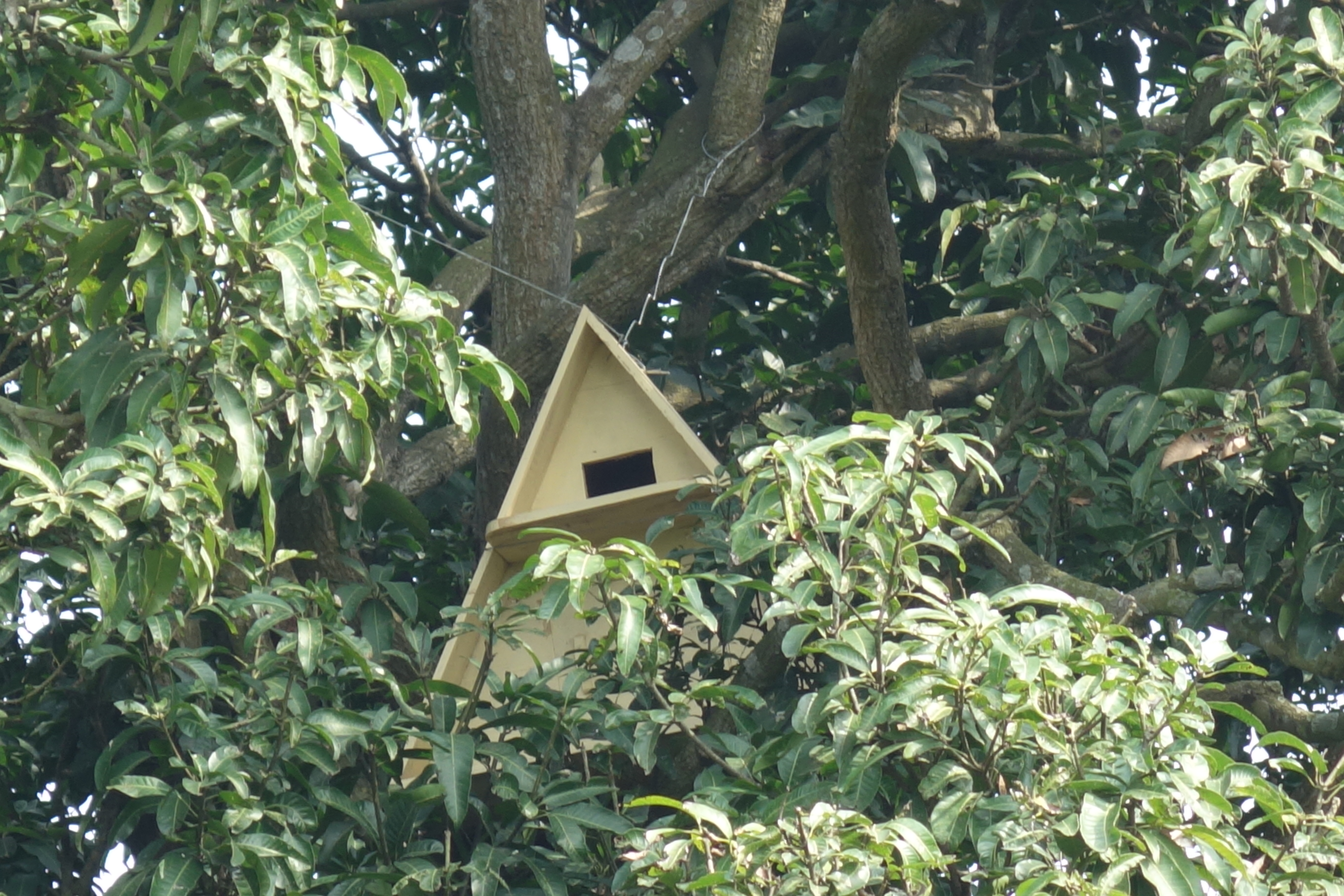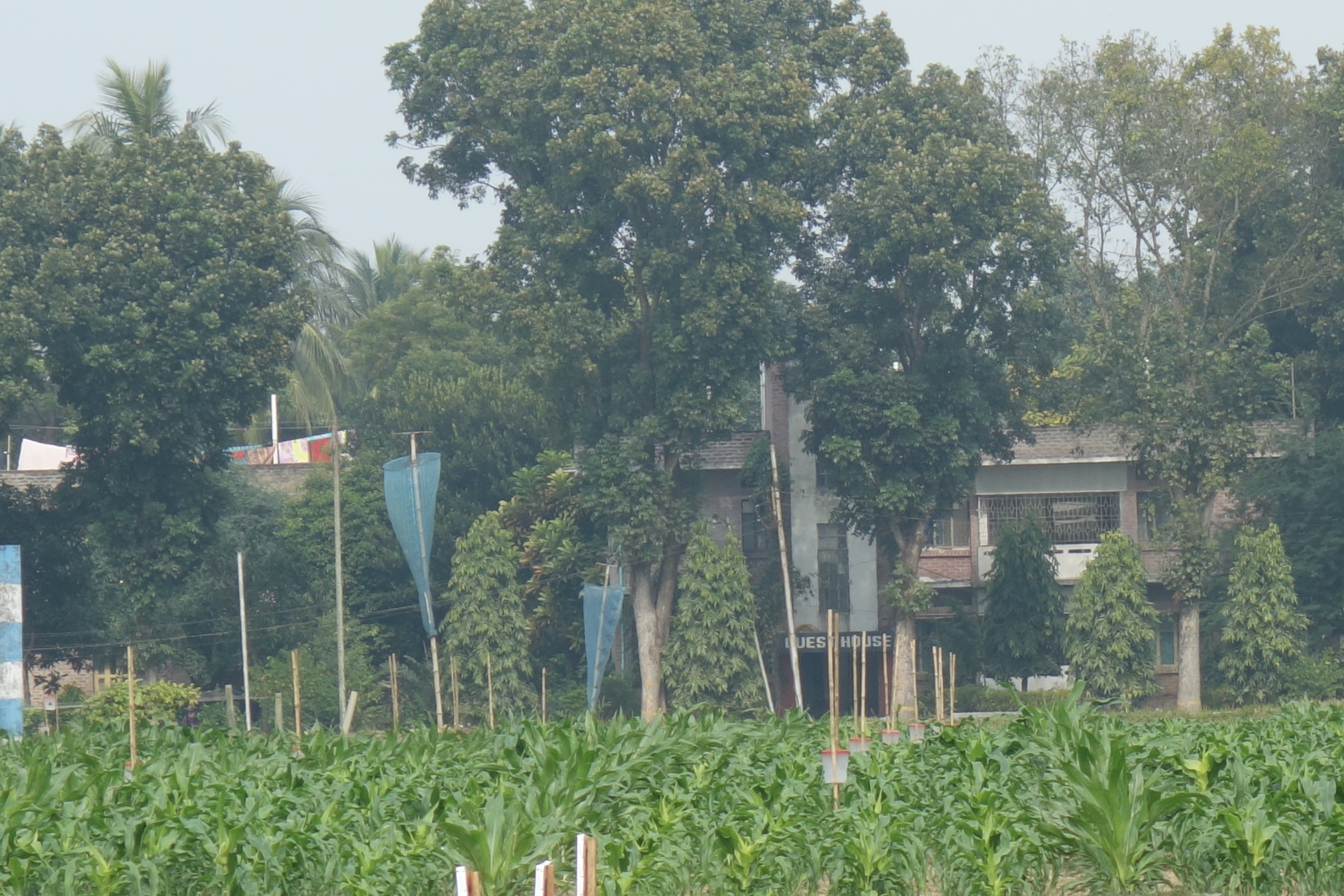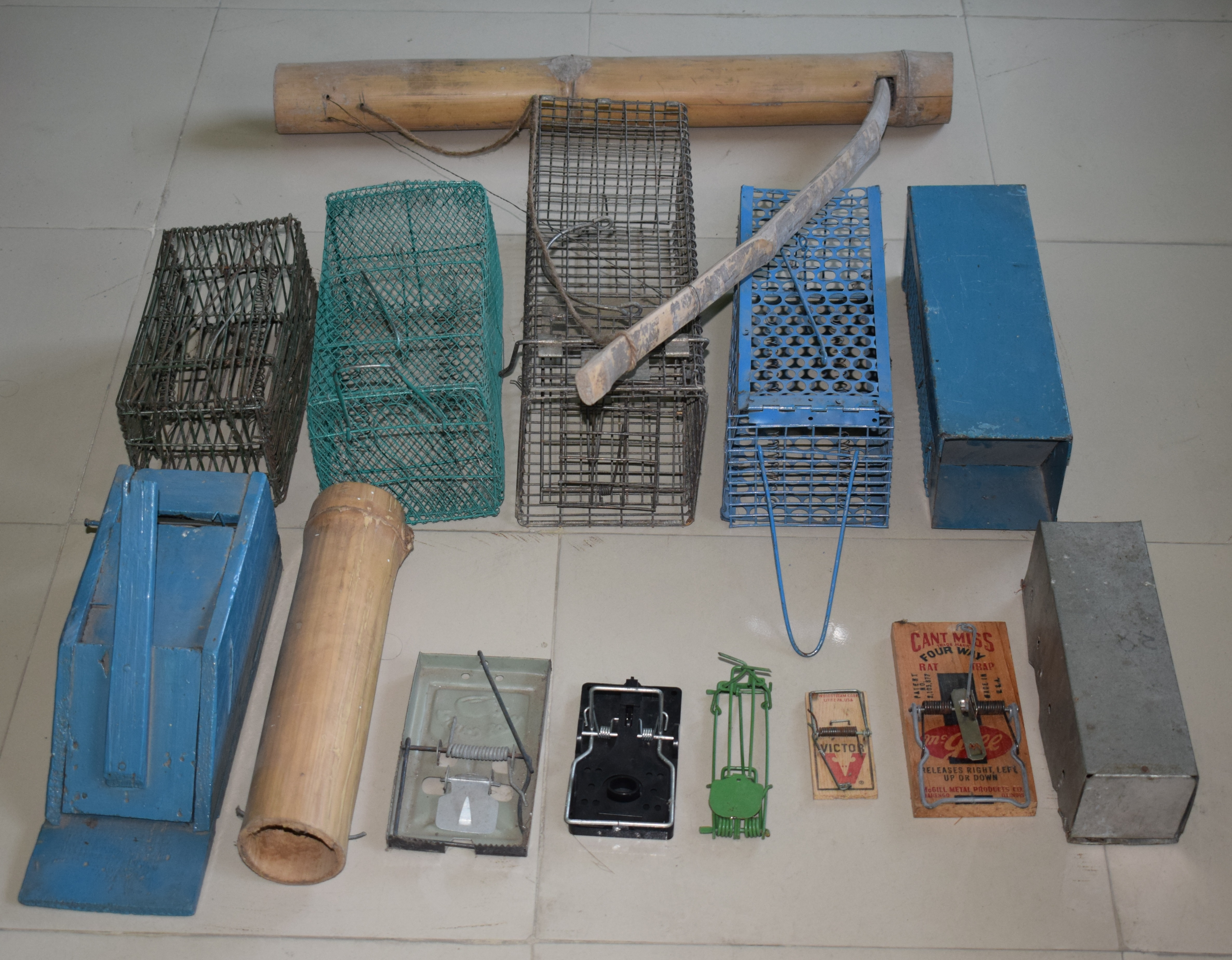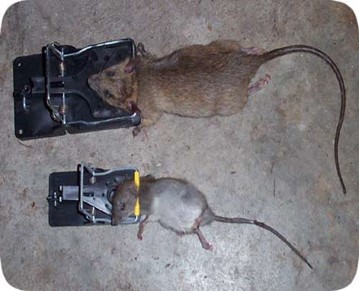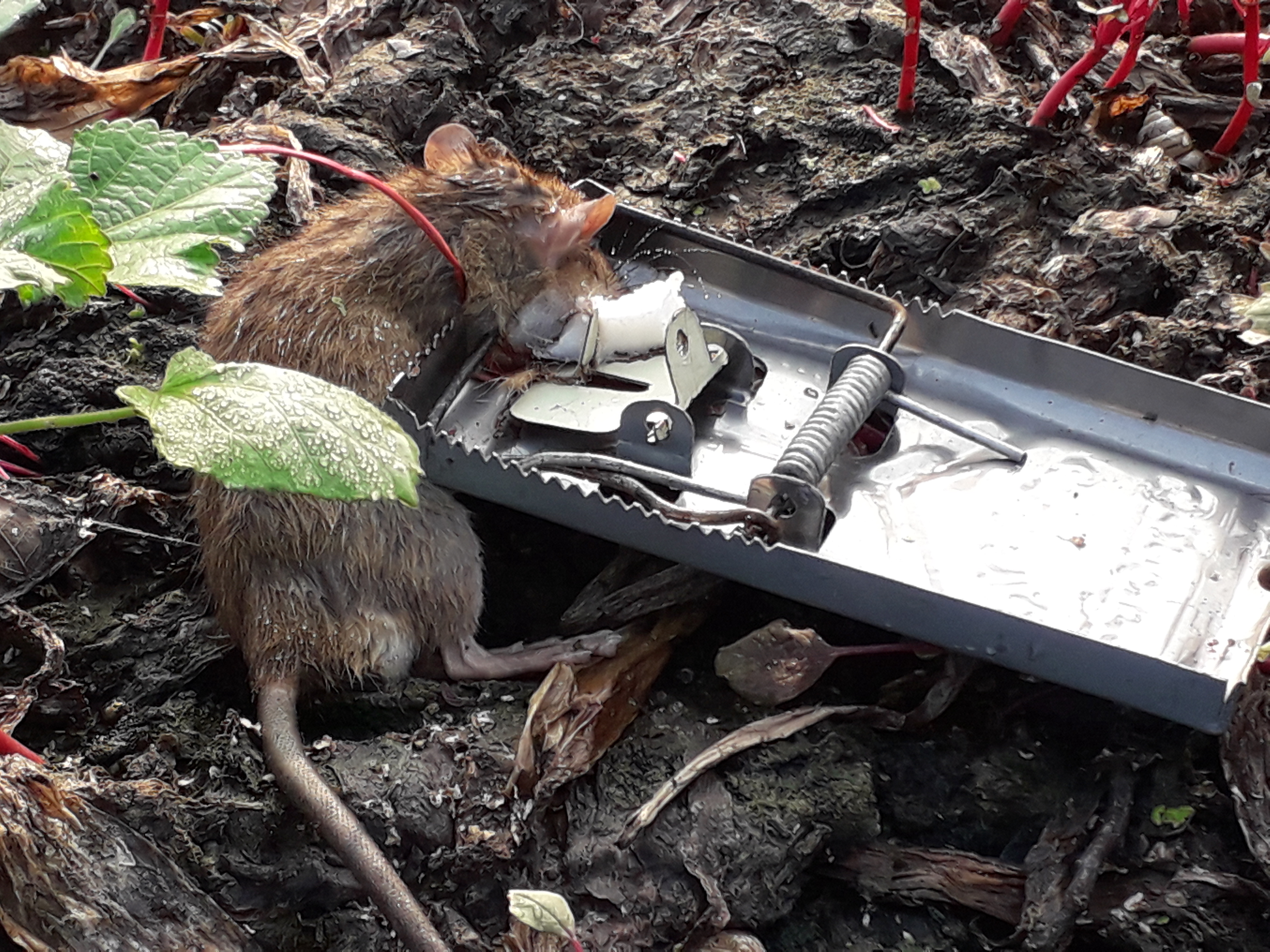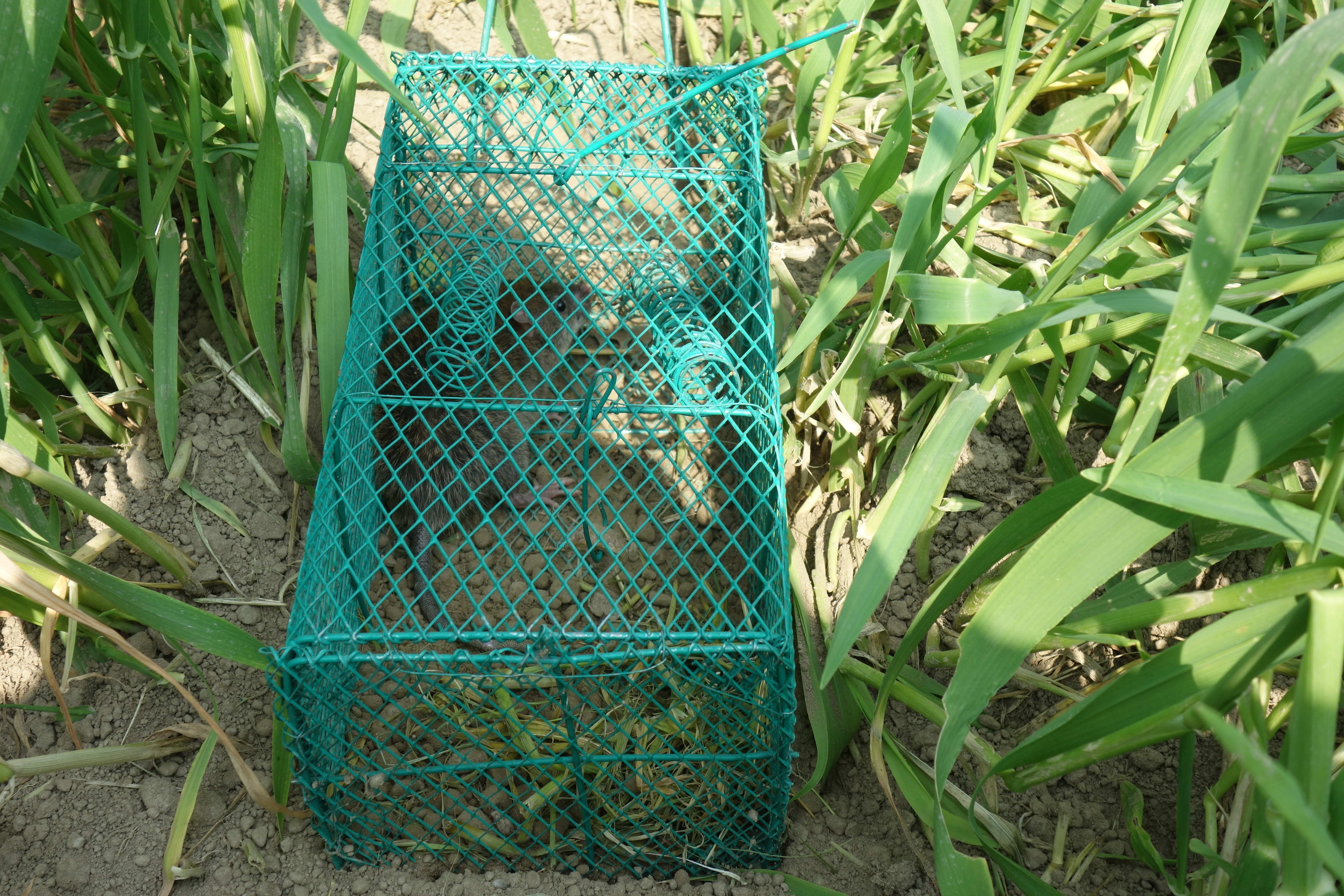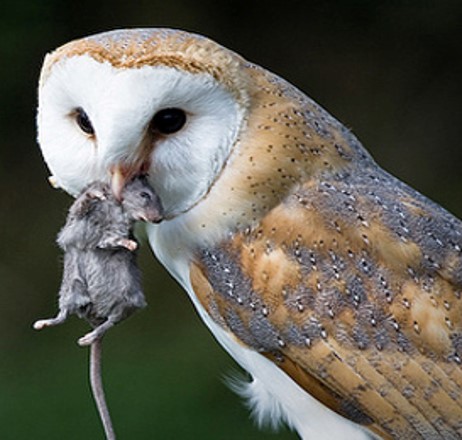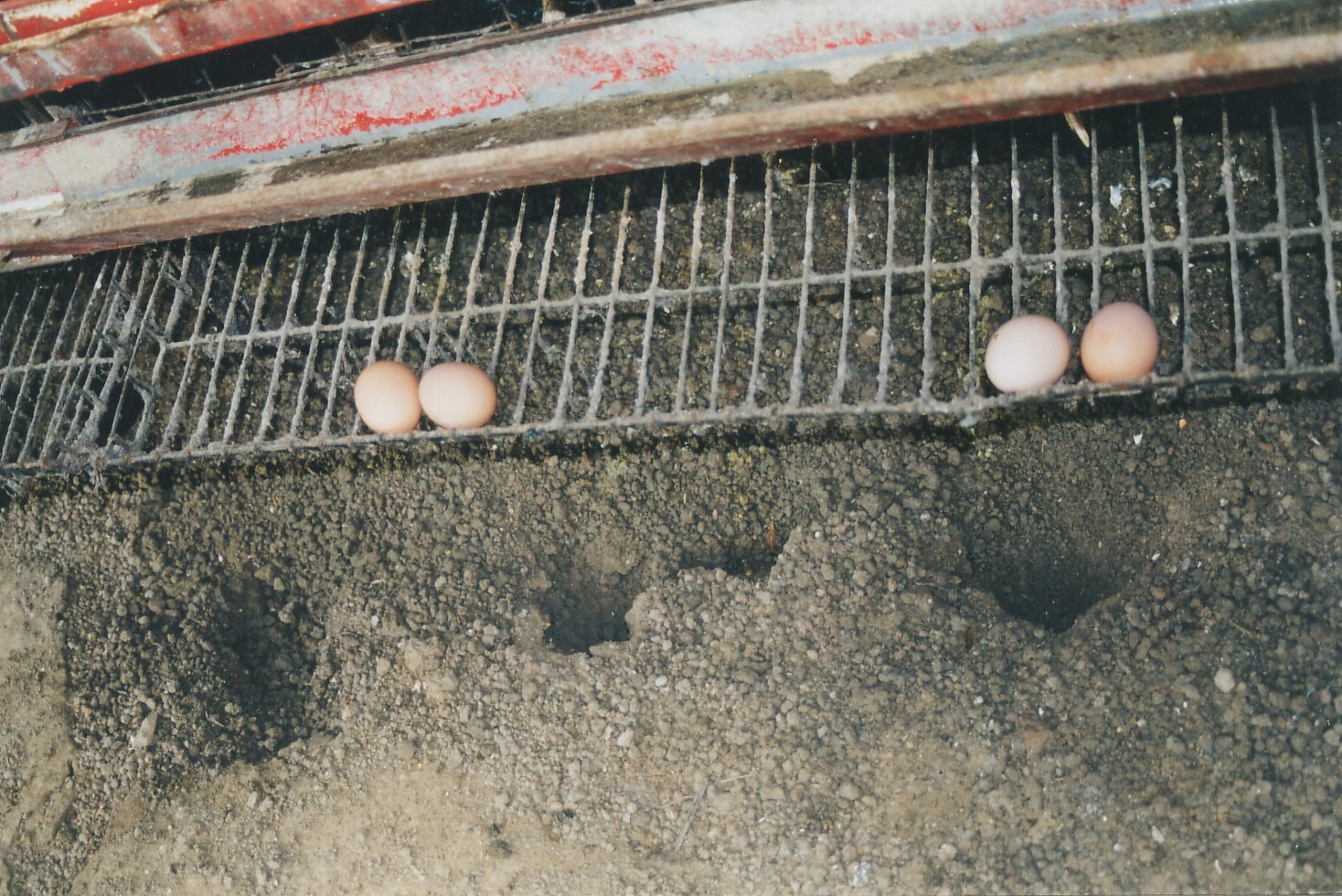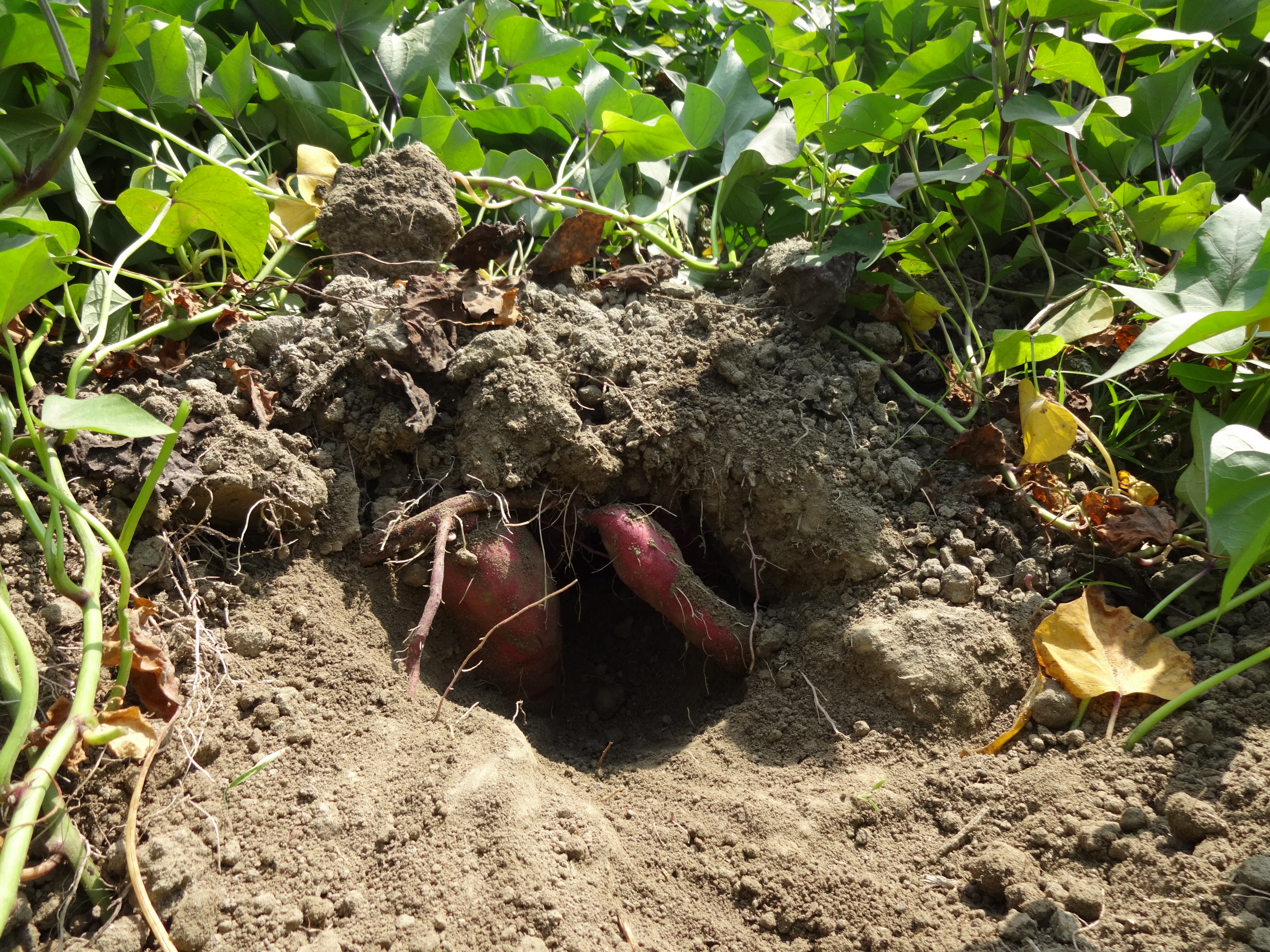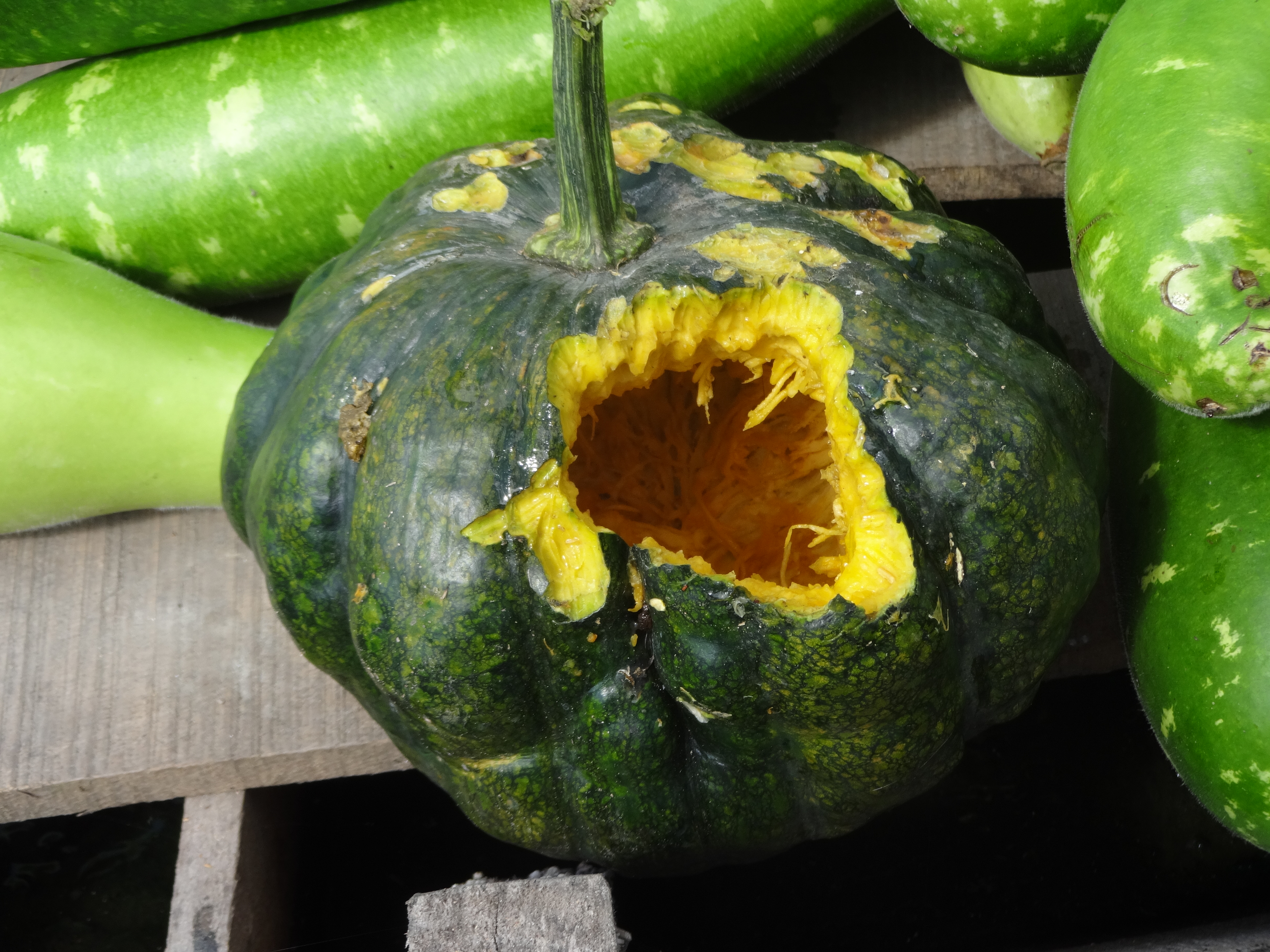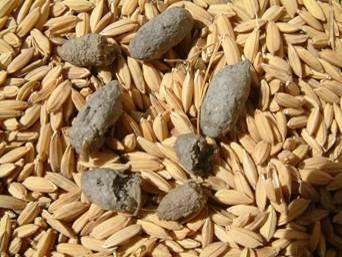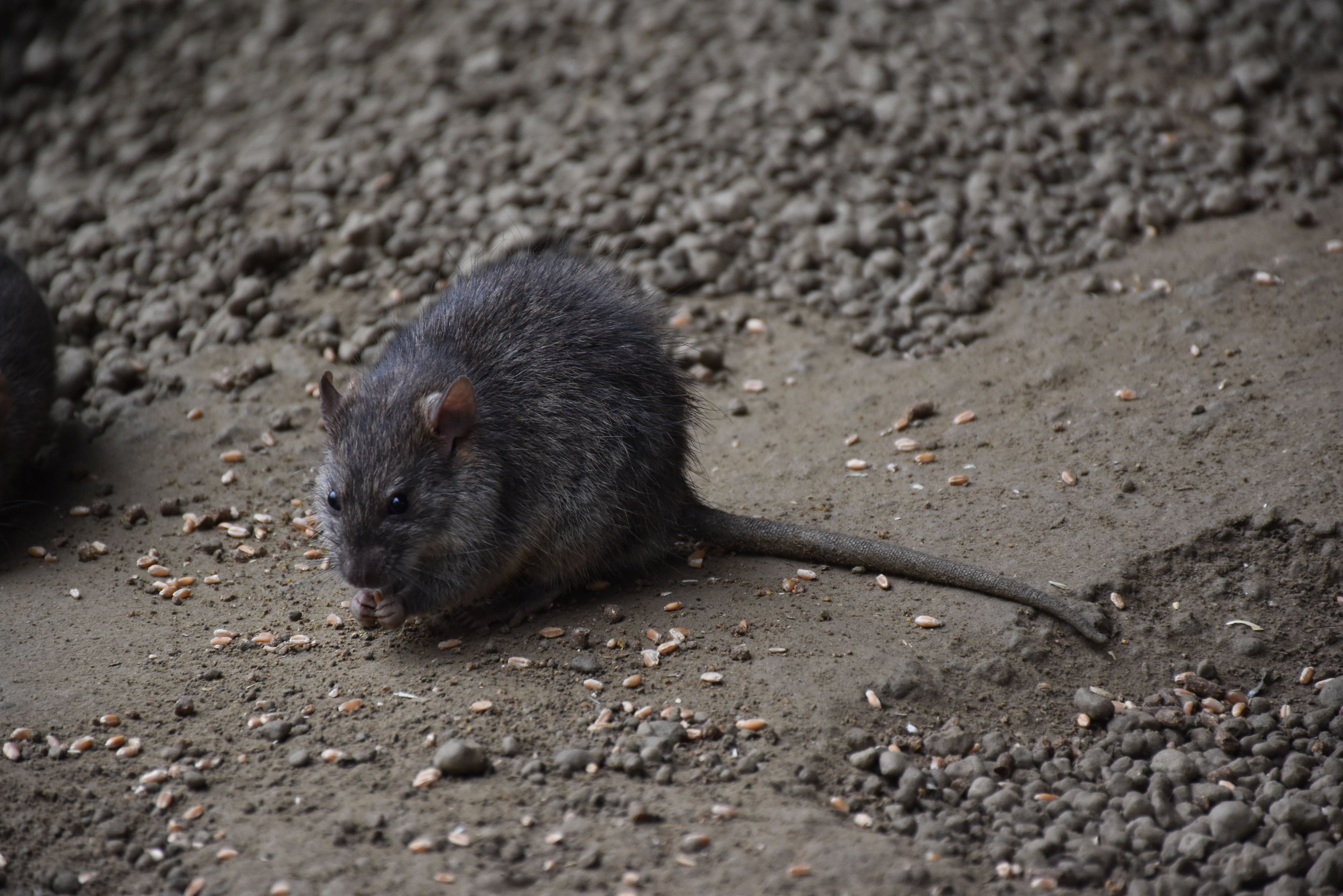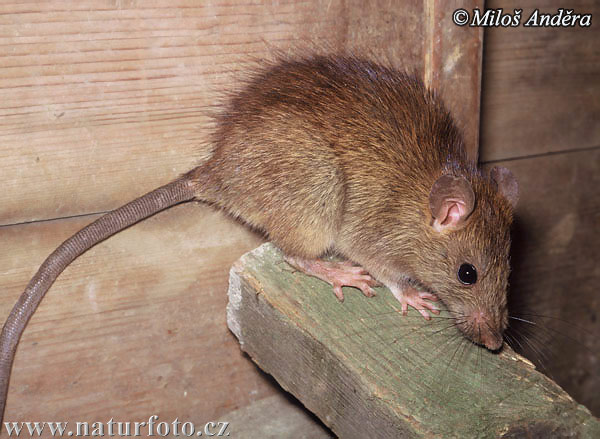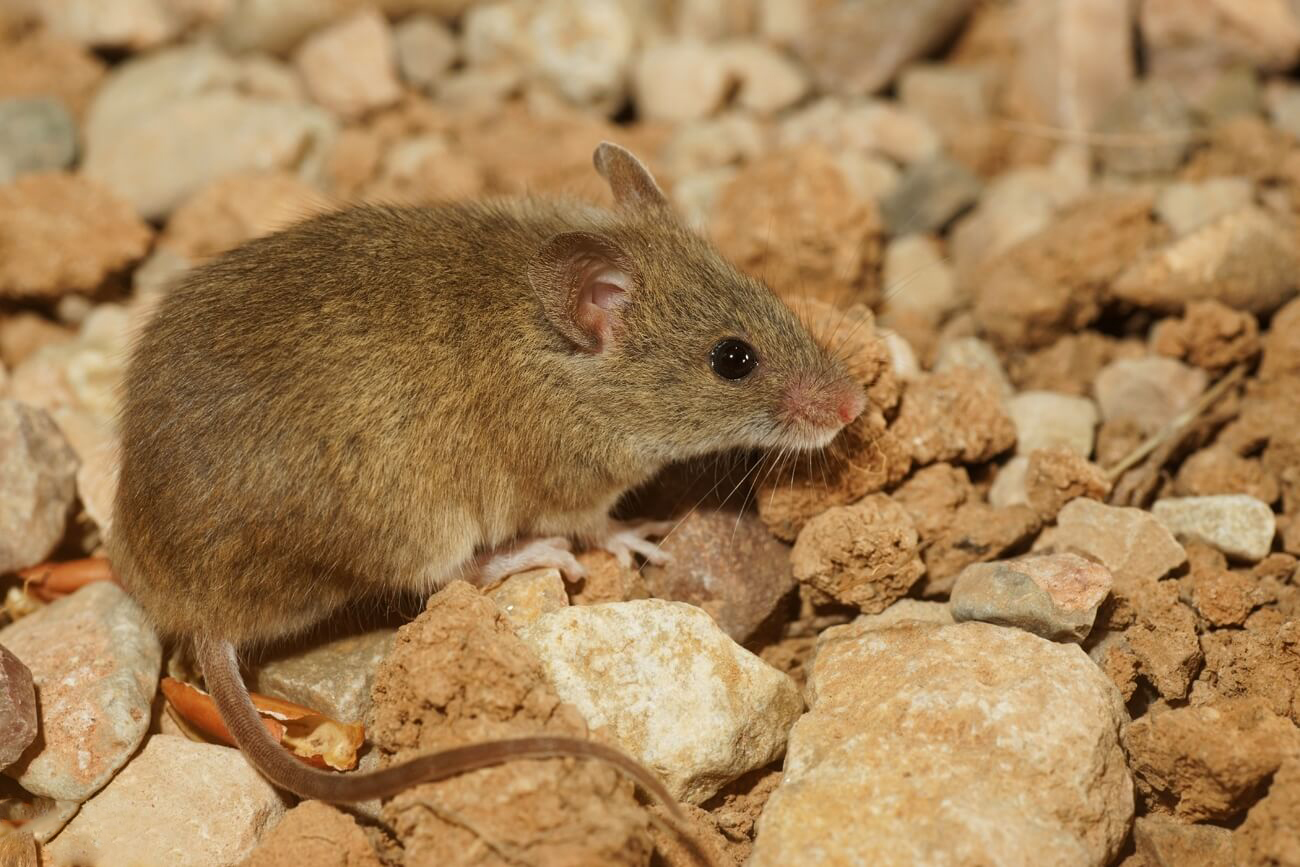Overview of the Division
Vertebrate Pest Division (VPD) is a unique division under BARI, established in 1998, situated at Gazipur in Bangladesh. Earlier, it was a section of Entomology Division. The major mandates of this Division are to identify different vertebrate pest species in Bangladesh and to determine their pest status, to quantify the crop losses and to develop appropriate methods to reduce losses.
Rodent pests research including other vertebrate pests was first initiated in Bangladesh with the assistance of U.S. Agency for International Development (USAID) in late 1978. Since then, the Denver Wildlife Research Center (DWRC) of U. S. Department of Agriculture (USDA) has provided technical assistance and other research program support to the Vertebrate Pest Division (VPD) of Bangladesh Agricultural Research Institute (BARI). This support was provided through a participating Agency Service Agreement (PASA) between USDA and USAID until the end of 1992. During the project period, scientist have accumulated information on defining the problems in terms of pest species responsible for the losses incurred, biology and ecology of the pest species.
Vertebrate pests, among other pests, are one of the major problems both in the field and in storage. A great variety of vertebrate pest situation occurs throughout the country. Vertebrate Pest Division of BARI is working on these problems. Vertebrate pests are categorized into three broad groups - rodents, birds, and jackals including other pests like mammals. Among the vertebrate pests, rodents are the major ones. Among the rodents, rats are the most destructive. Rats cause a substantial damage to crops every year. Vertebrate Pest Division has assessed the rodent damage in wheat, deep water rice, transplanted aman rice, and in post-harvest stored rice. Losses in wheat were estimated it varied seasonally, from 2.8 to 12%. Damage to deep water rice was found to be 5 to 7%. Transplanted aman rice losses were estimated at 1 to 3%, representing between 1,50, 000 and 4,50,000 metric tons per year. Stored rice losses were estimated at 50 kg per farm household per year. Rat cause damage about 1800 taka per poultry farm per year. Besides these, rodents are also carrier of many diseases like plague, salmonelloses, rat bite fever etc.
About 11 species of rats are found in Bangladesh. It was determined that the lesser bandicoot rat is the major pest in wheat and rice. The roof rat (Rattus rattus), the house mouse (Mus musculus) and the lesser bandicoot rat are found to be household infesting rodent. Jackals most frequently damage sugarcane and water melon. Bird damage wheat at the sprouting stage, and they ruin rice, millet, maize and sunflower at the maturing stage.
VPD is headed by a Principal Scientific Officer (PSO) who is assisted by a number of Senior Scientific Officers (SSOs) and Scientific Officers (SOs), Scientific Assistant (SAs) and supporting staffs.
The scientists of VPD conducted a lot of studies in the field of vertebrate pest and wildlife management in the last 26 years (from 1998 to 2021). Sixteen technology have been developed from this Division for the management of rat, squirrel, pest birds and other vertebrate pest to reduce crop losses. A number of leaflet, booklets and training manual are published and arranged a lots of farmers training and field days to disseminated the technology. Technologies developed by Vertebrate Pest Division is also transferred to the farmers by the Department of Agricultural Extension (DAE). They conduct Annual Rodent Control Campaign to create awareness among the farmers. During that time DAE conduct different training programmes to the extension personnel as well as to the farmers. Vertebrate Pest Division also participate in this program. Farmers are trained on the use of different technologies to control rats.

Dr. Md. Shah Alam
Principal Scientific Officer
Vertebrate Pest Division
BARI, Gazipur



